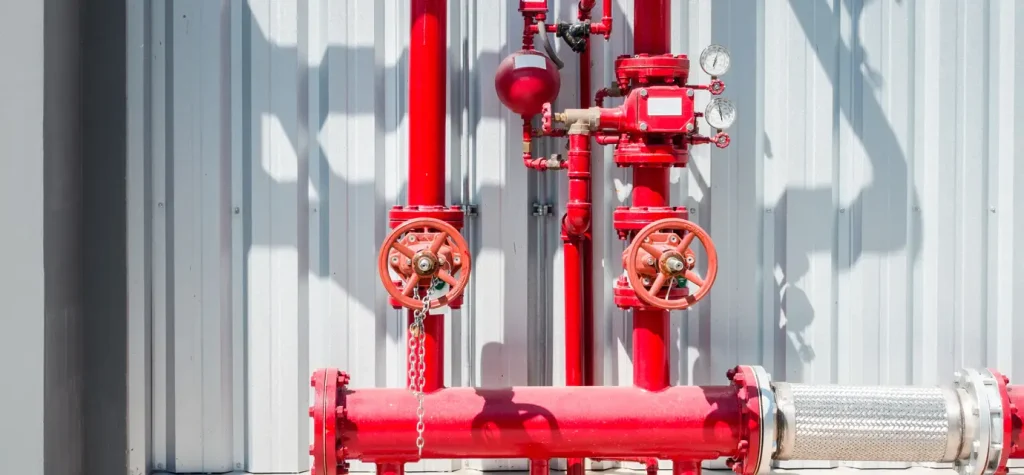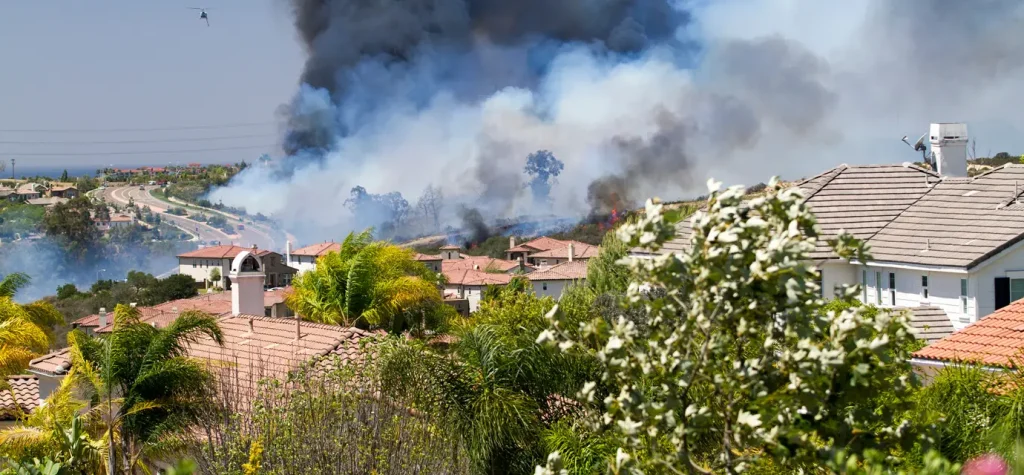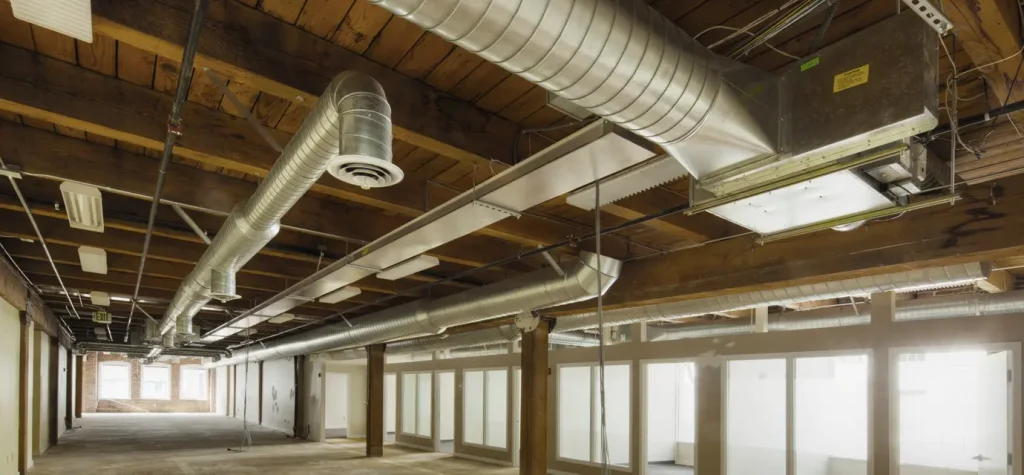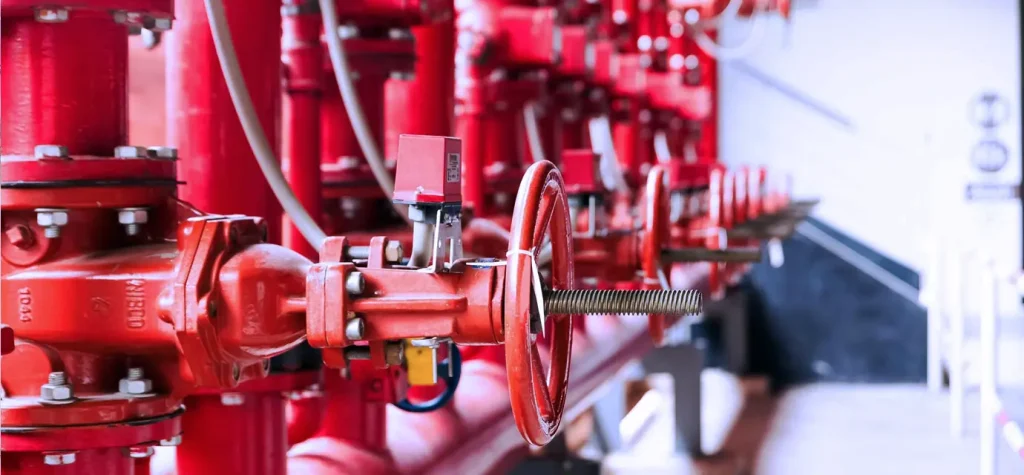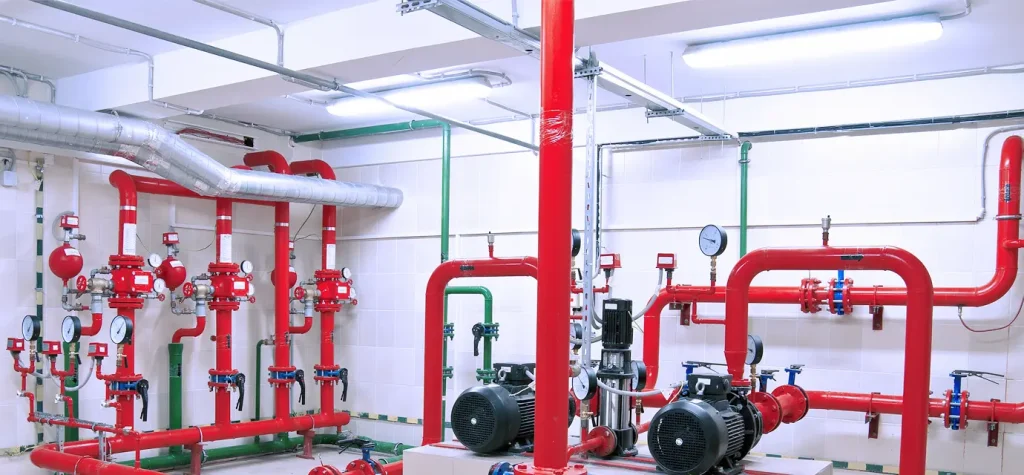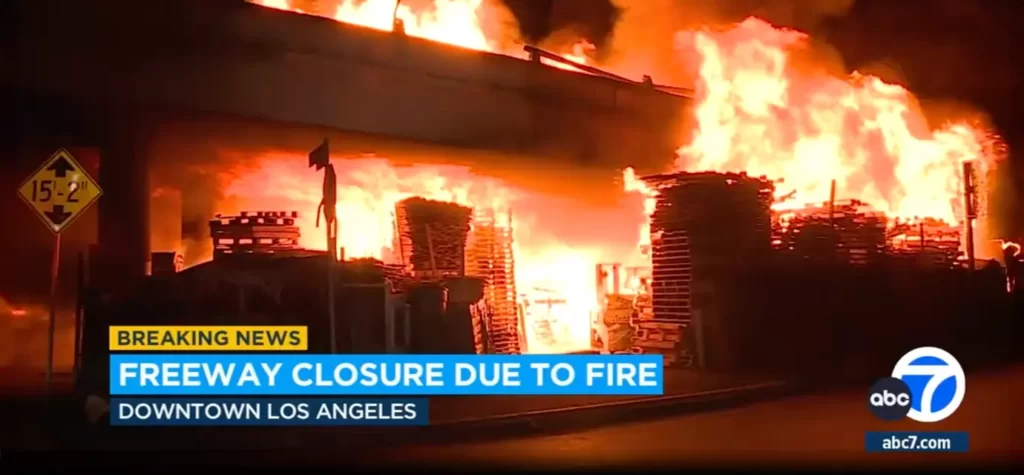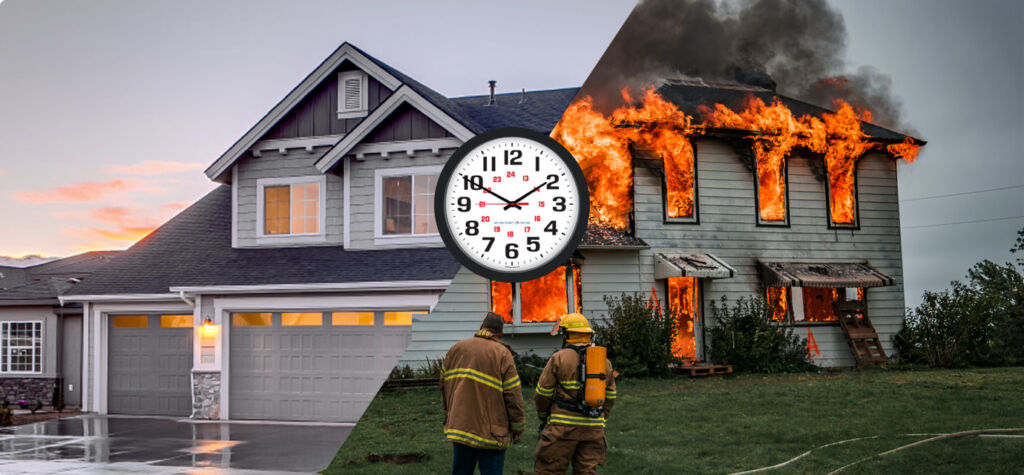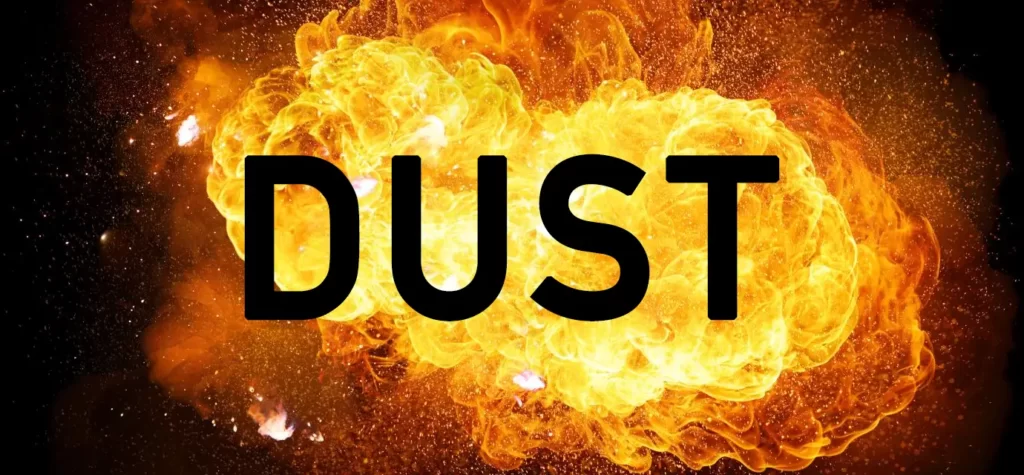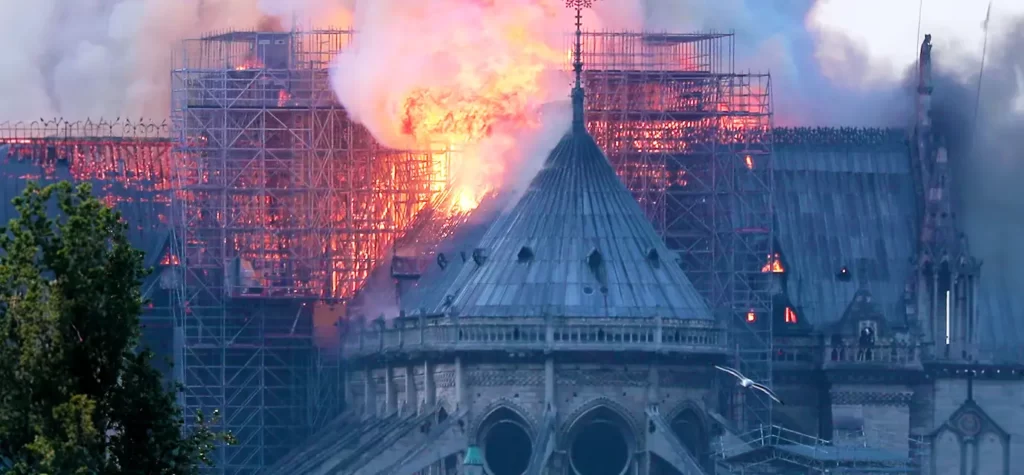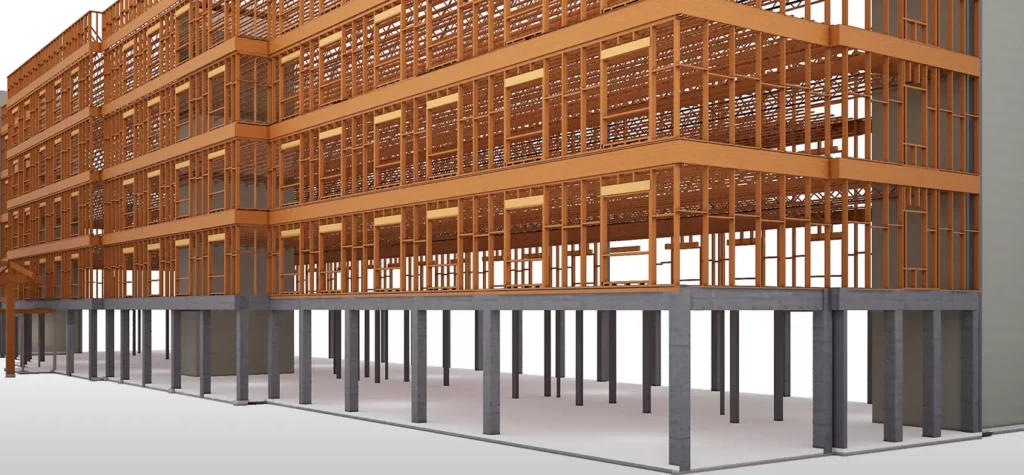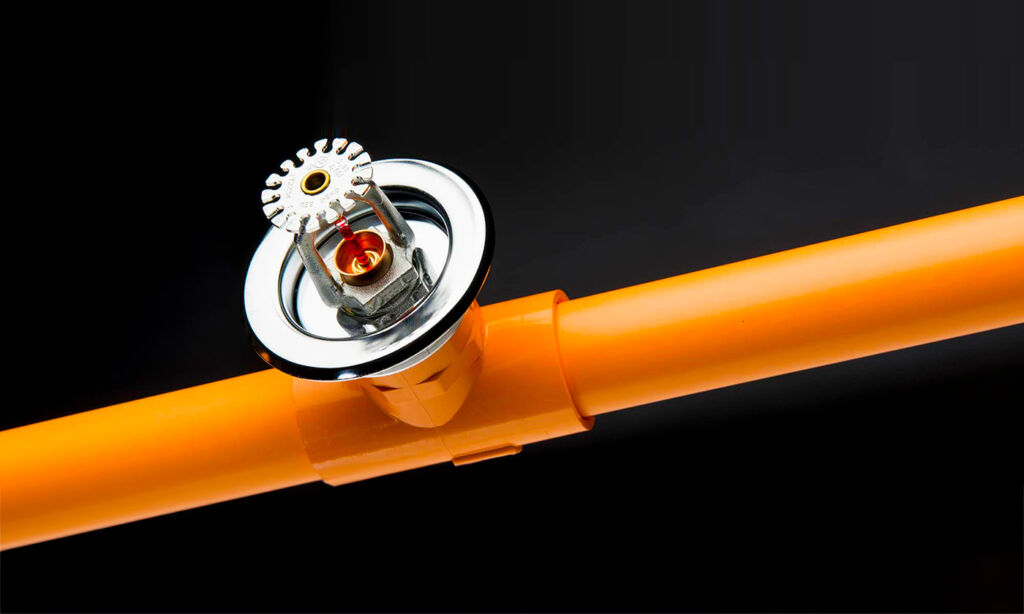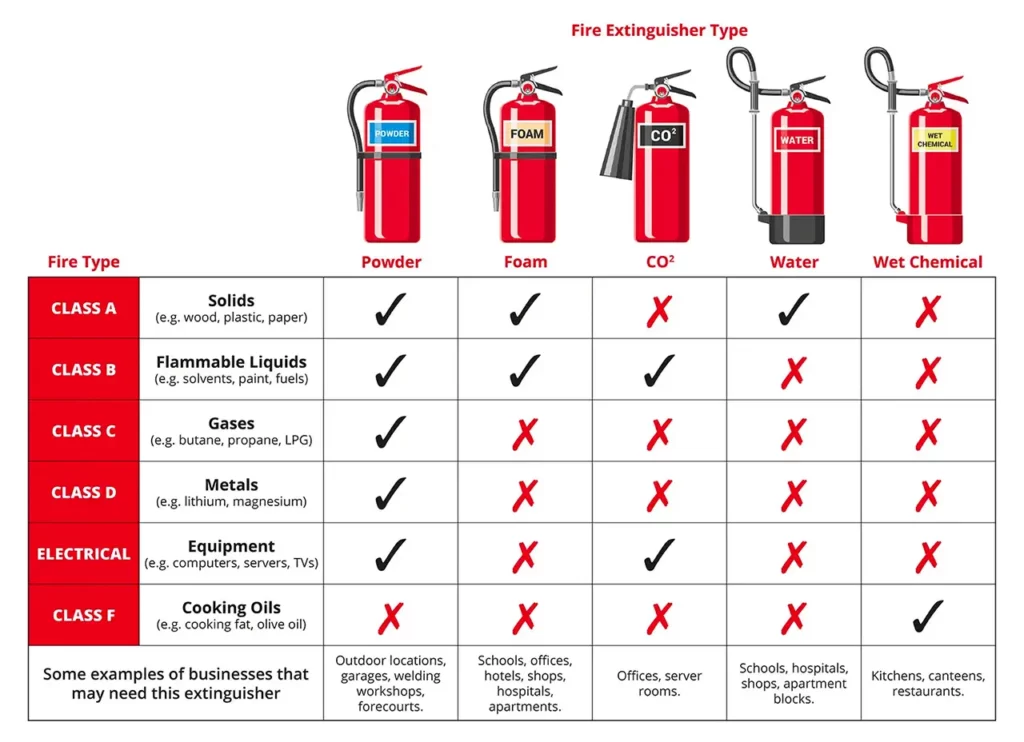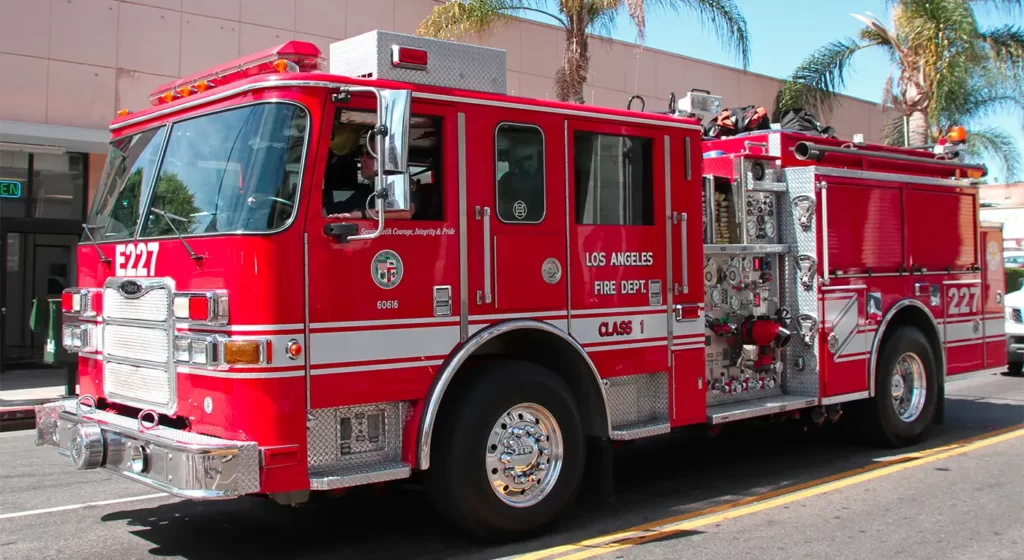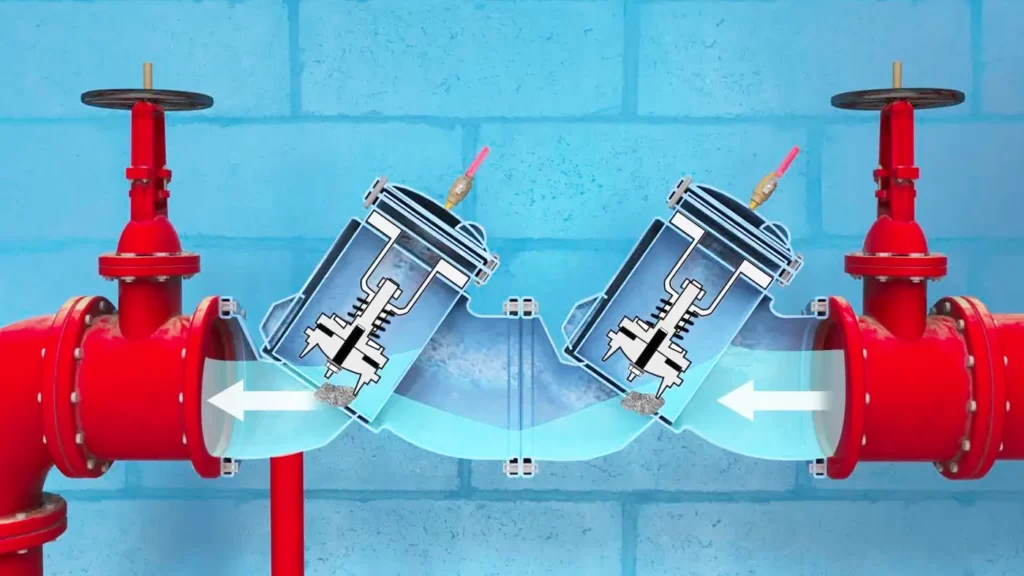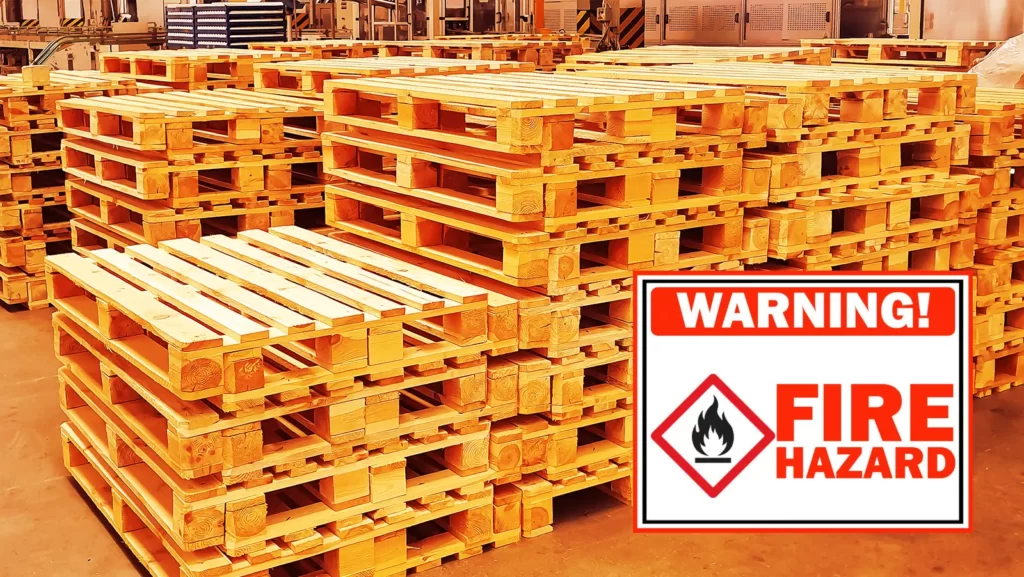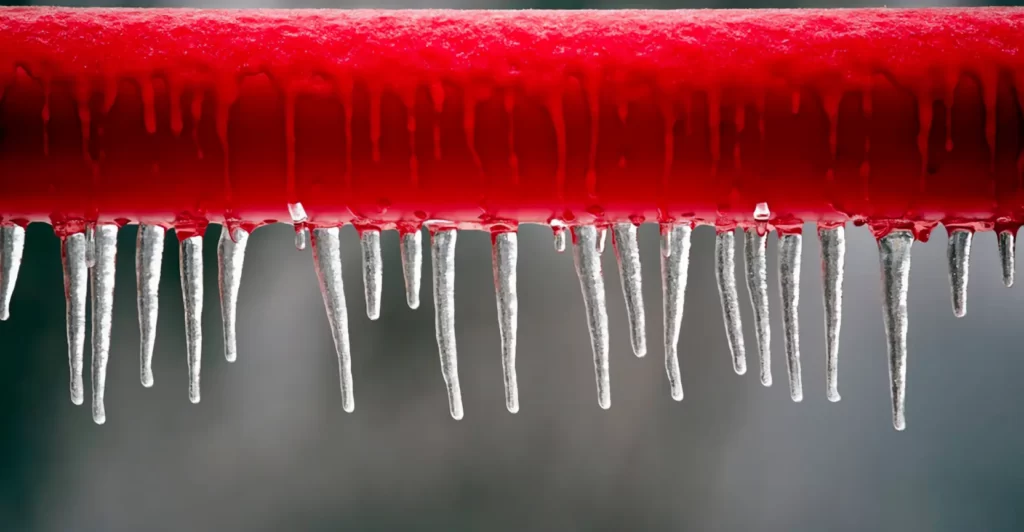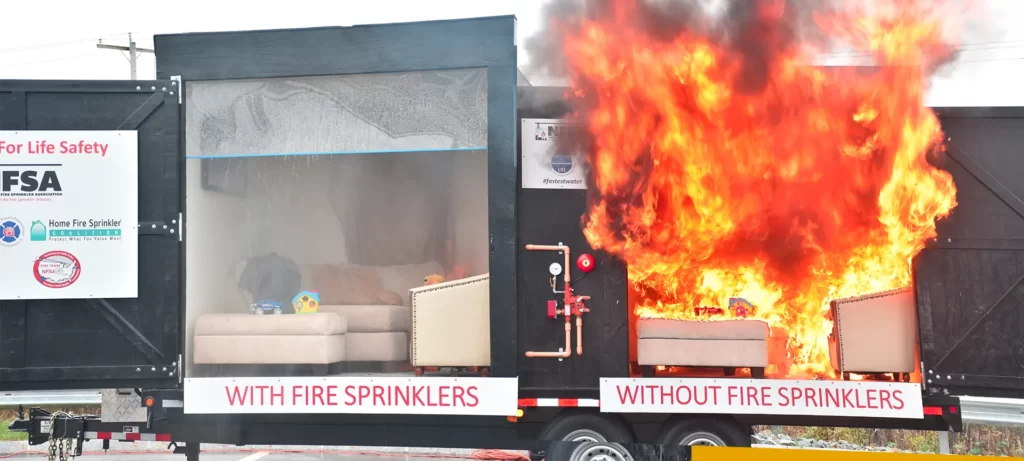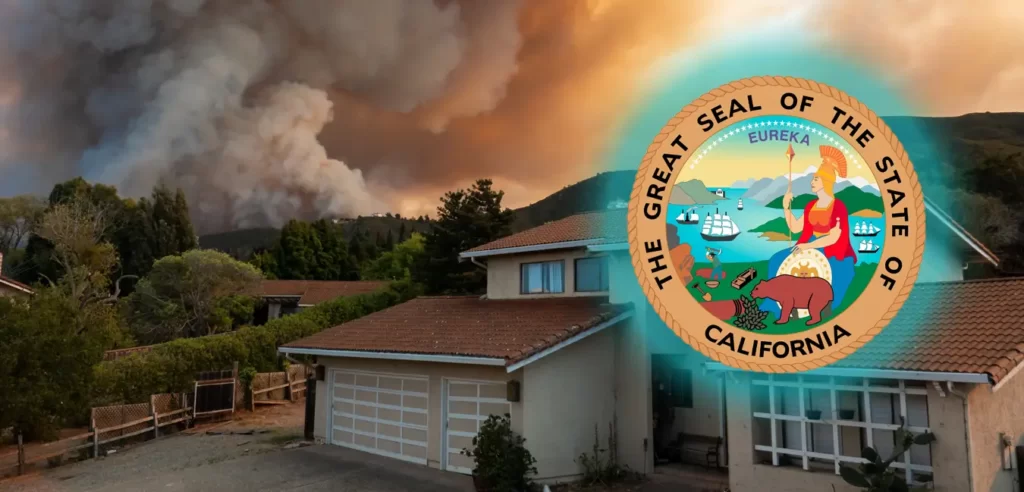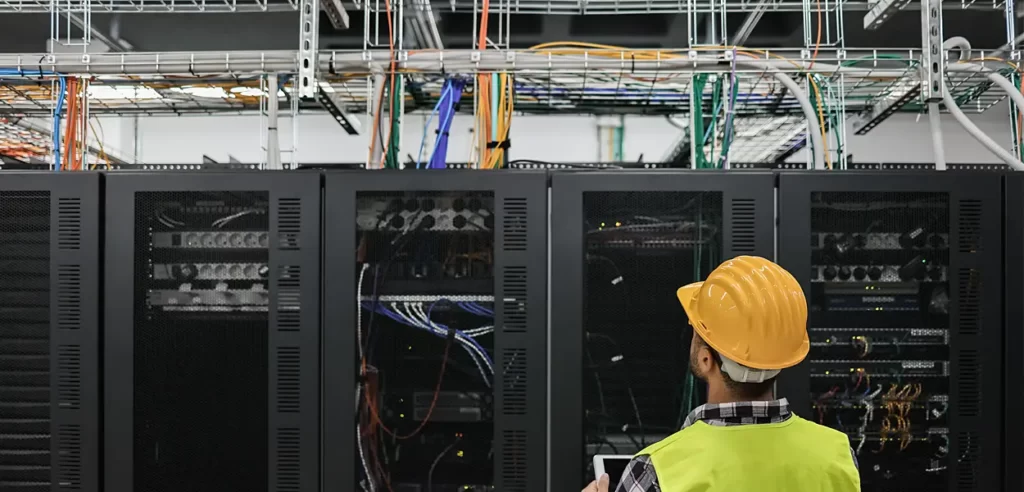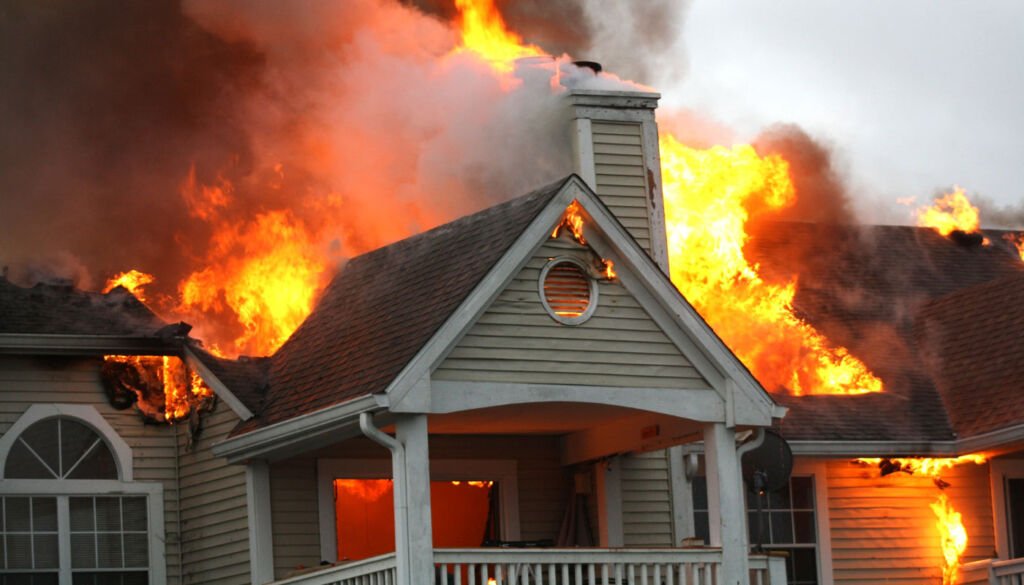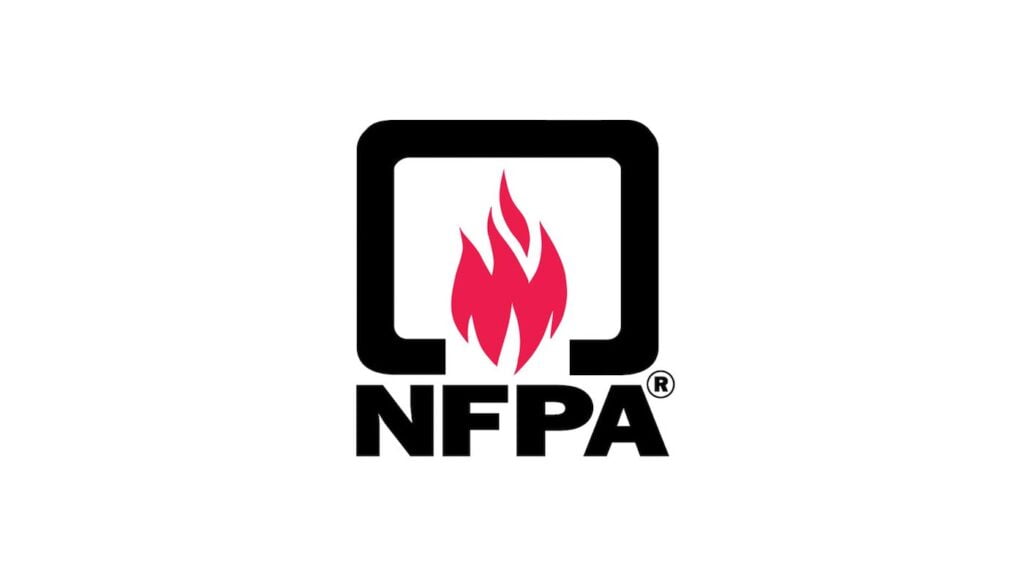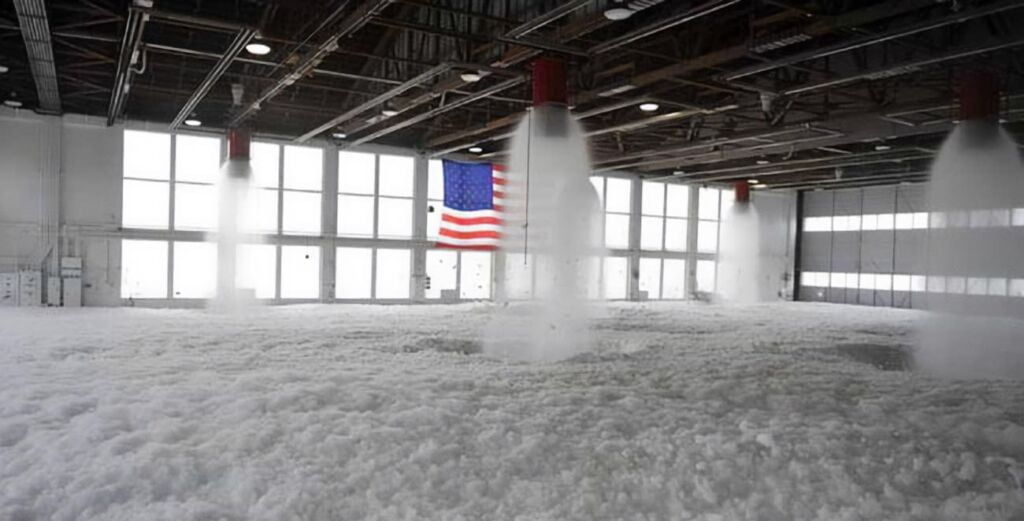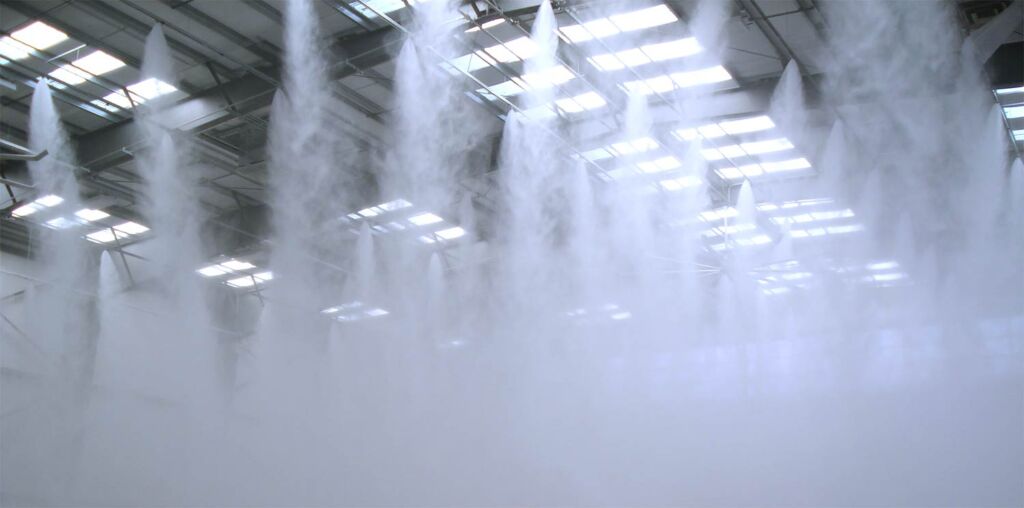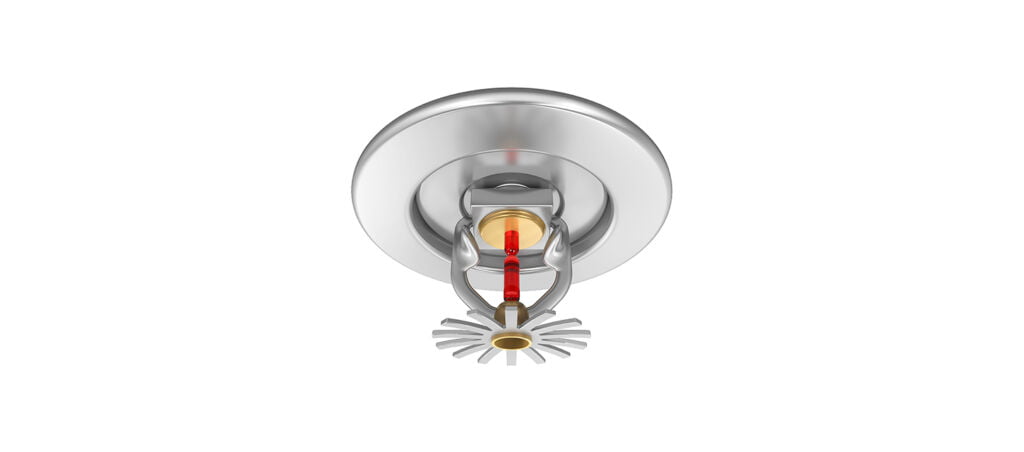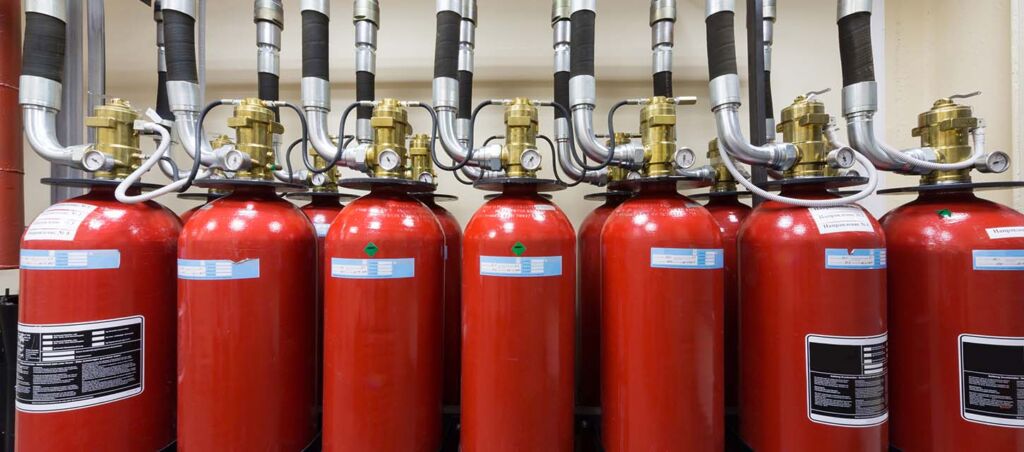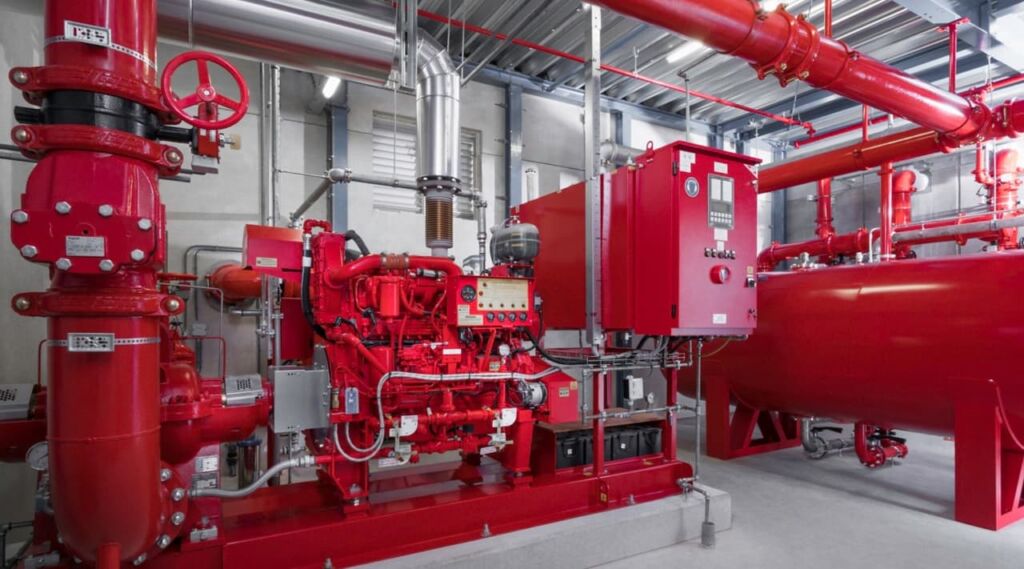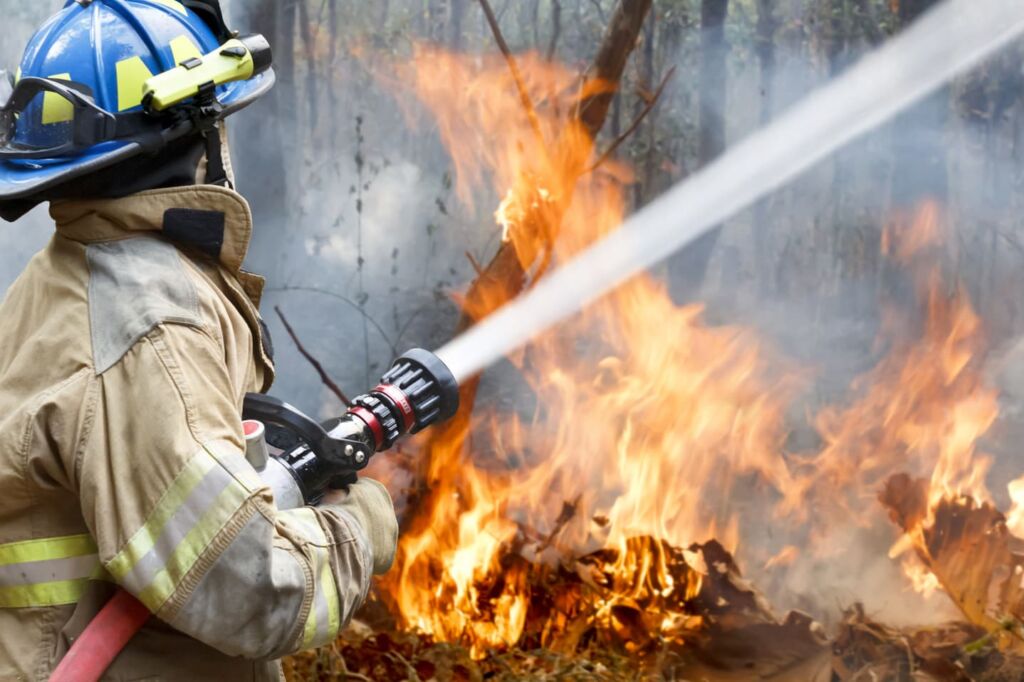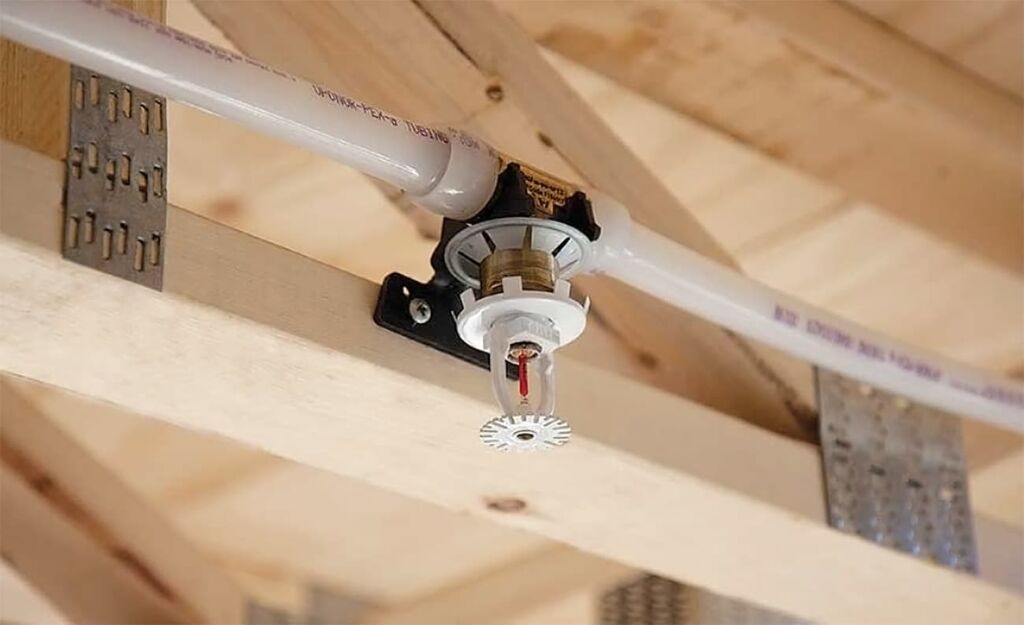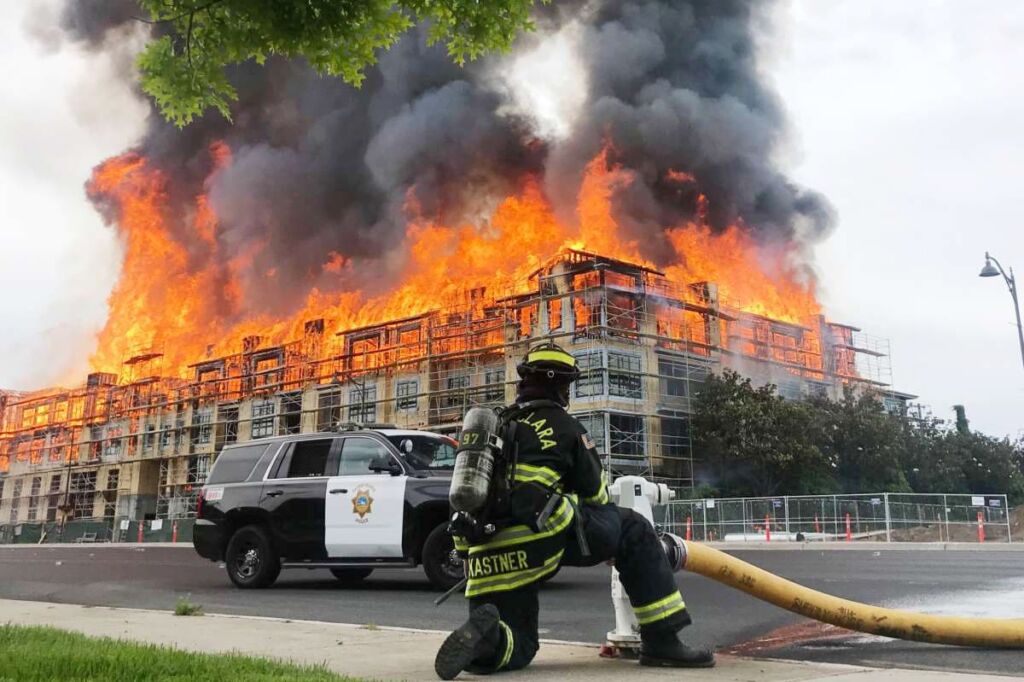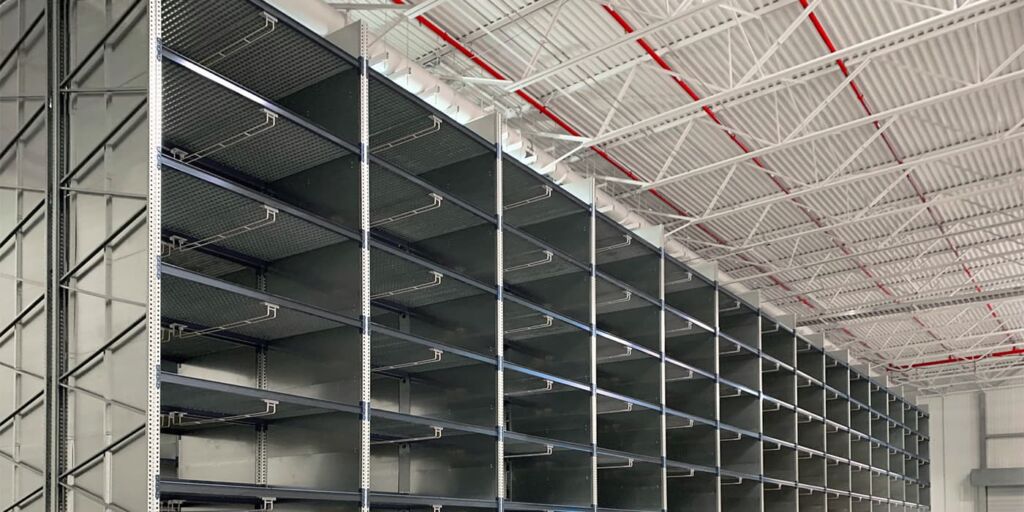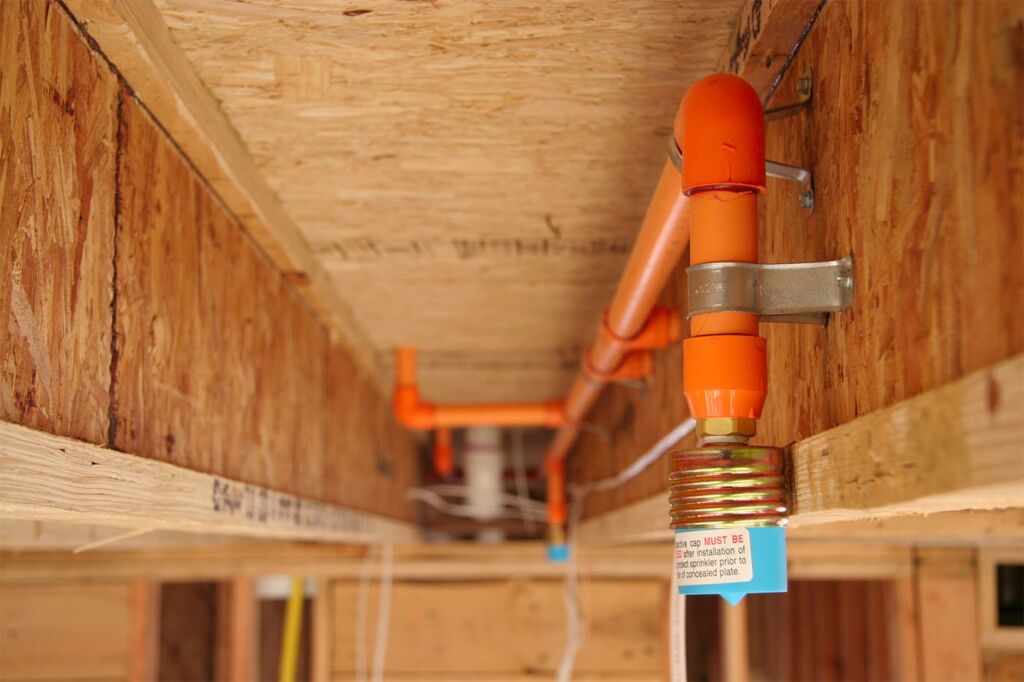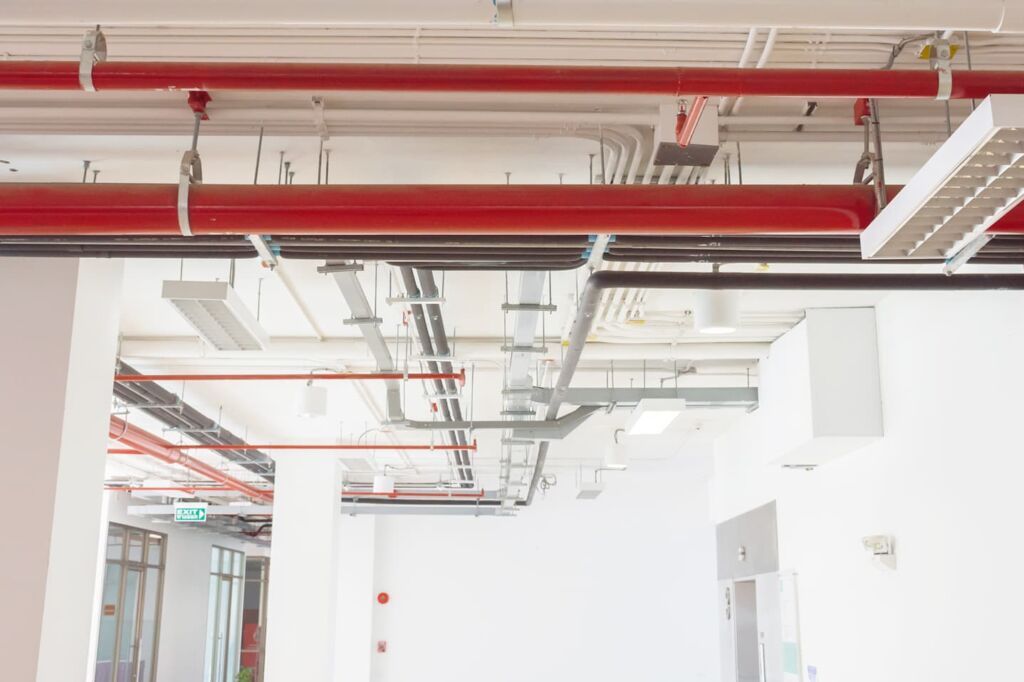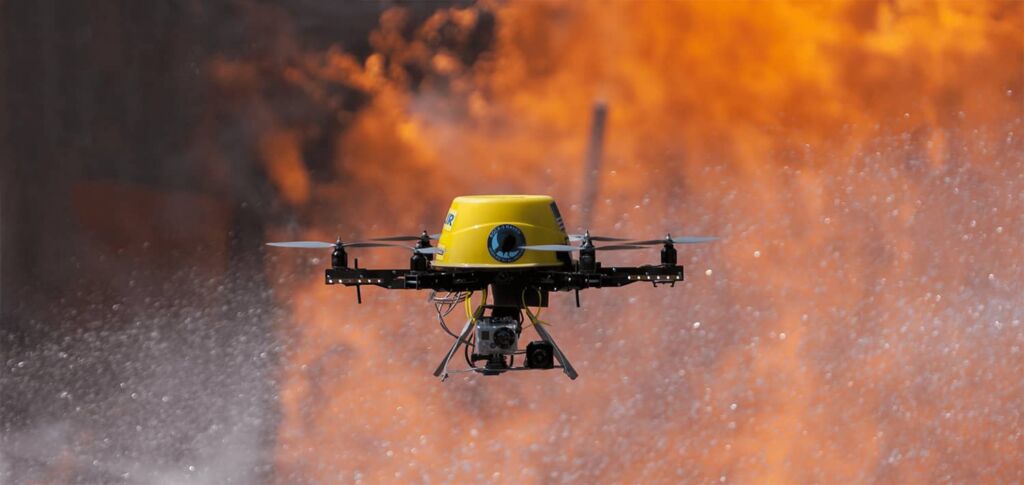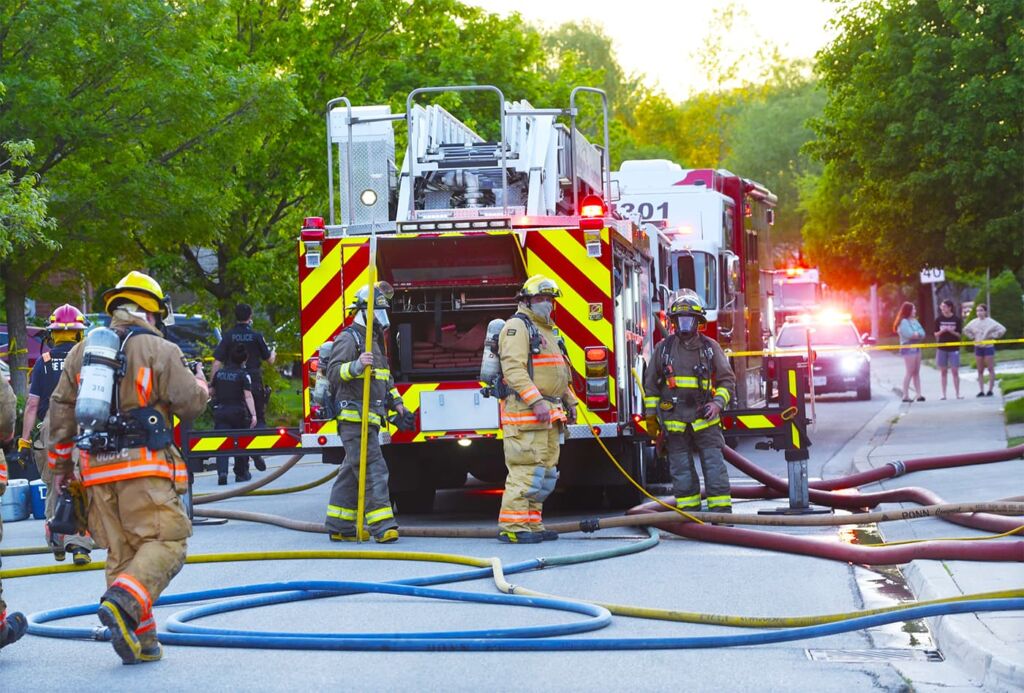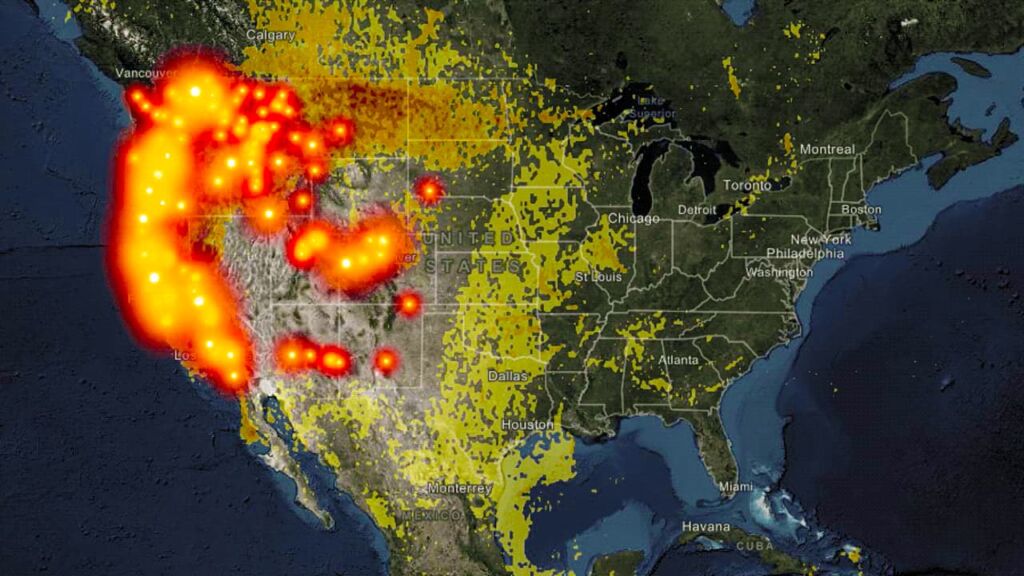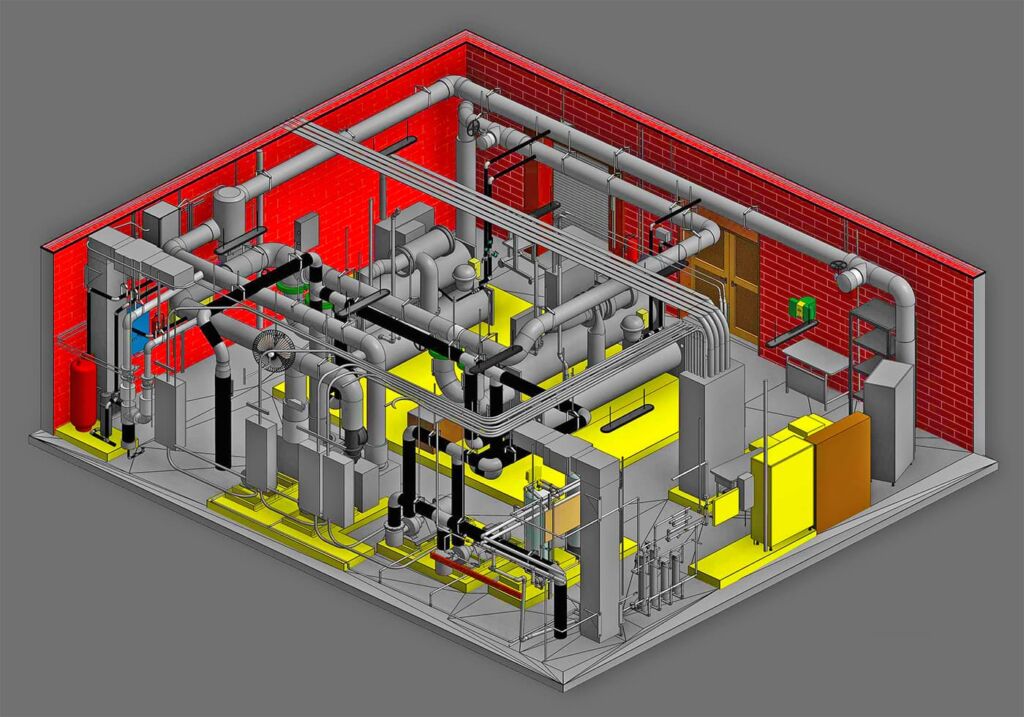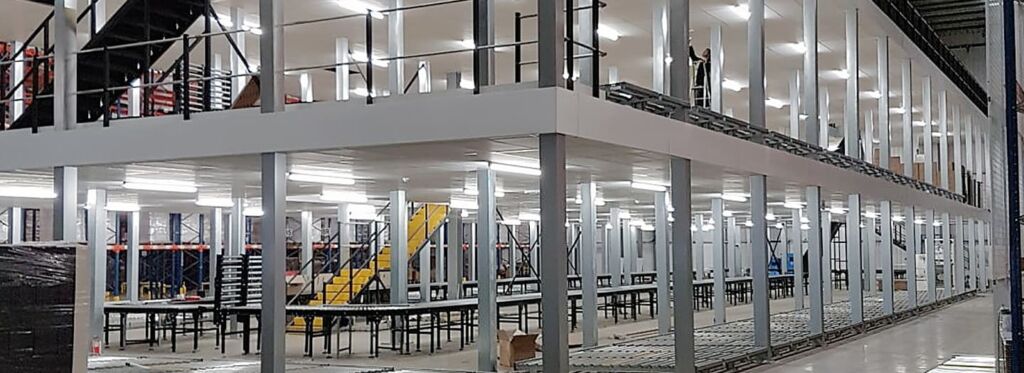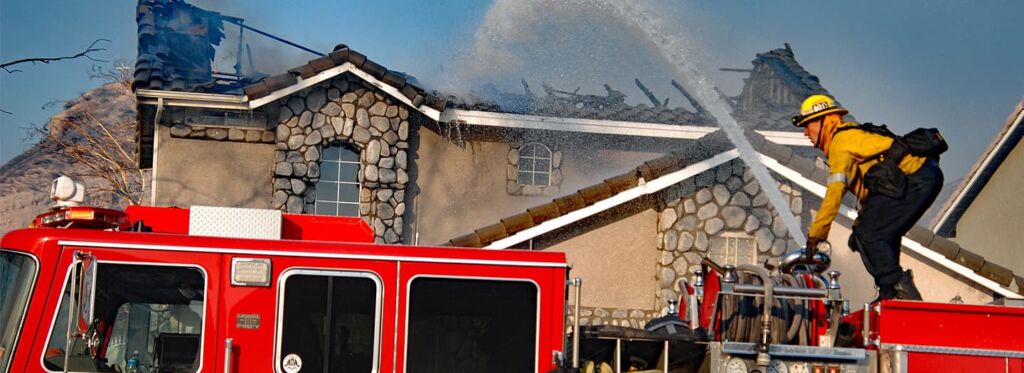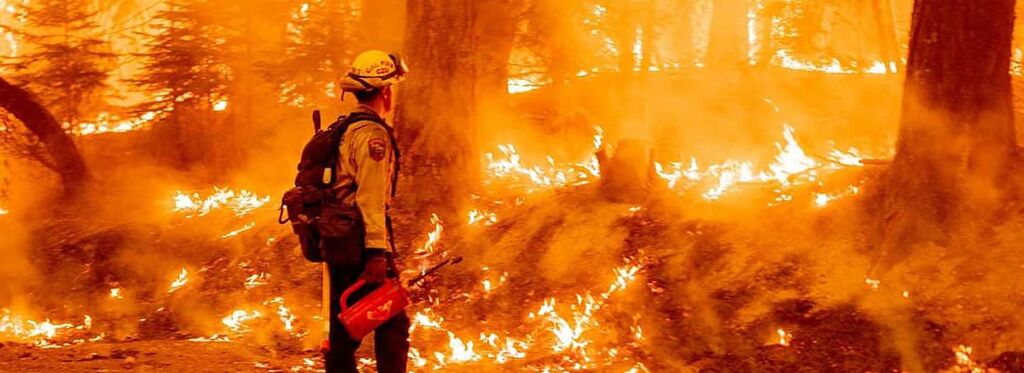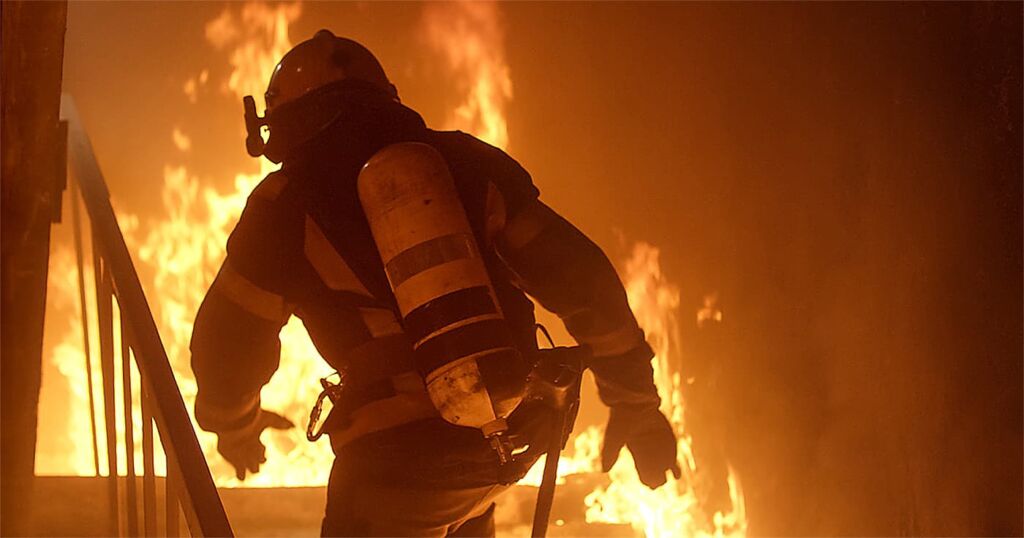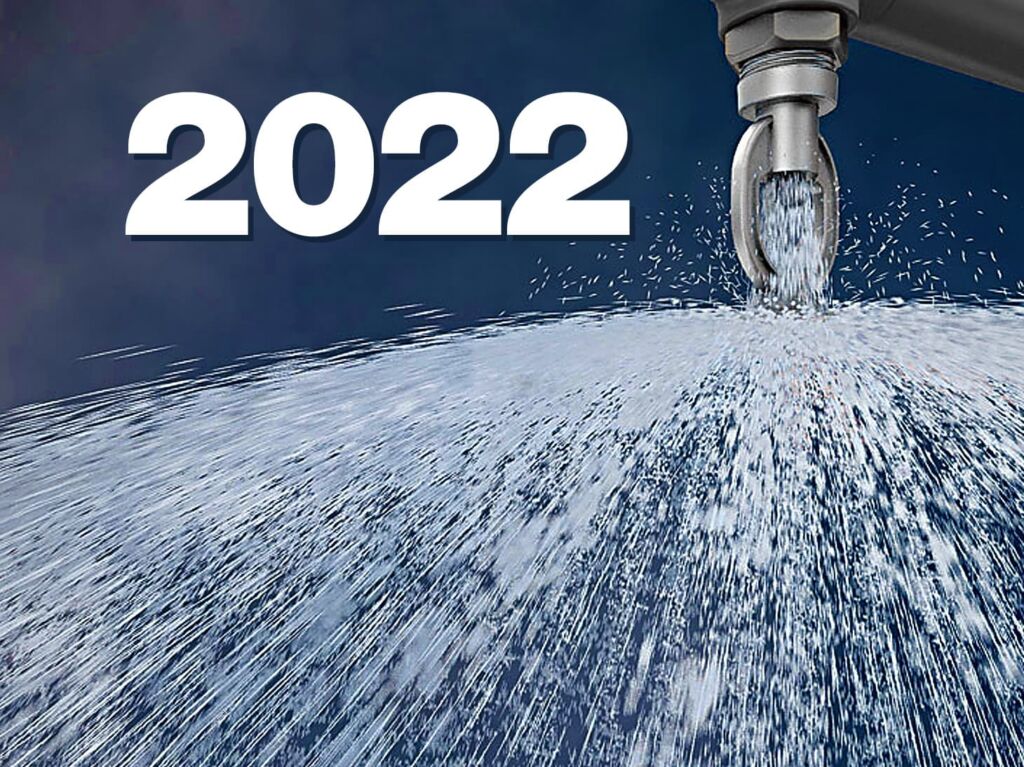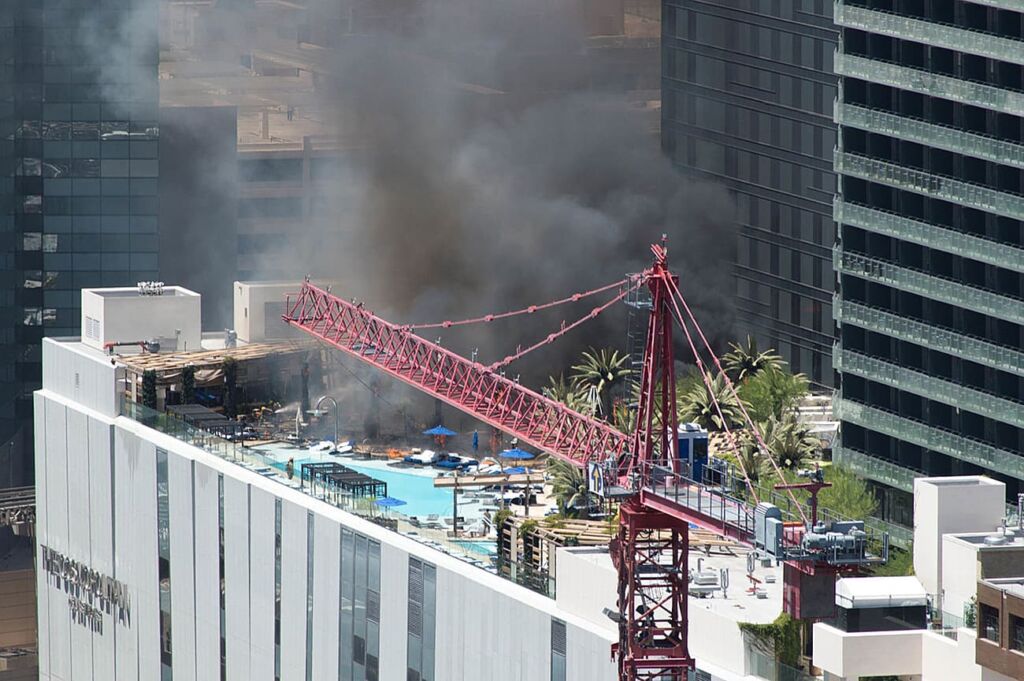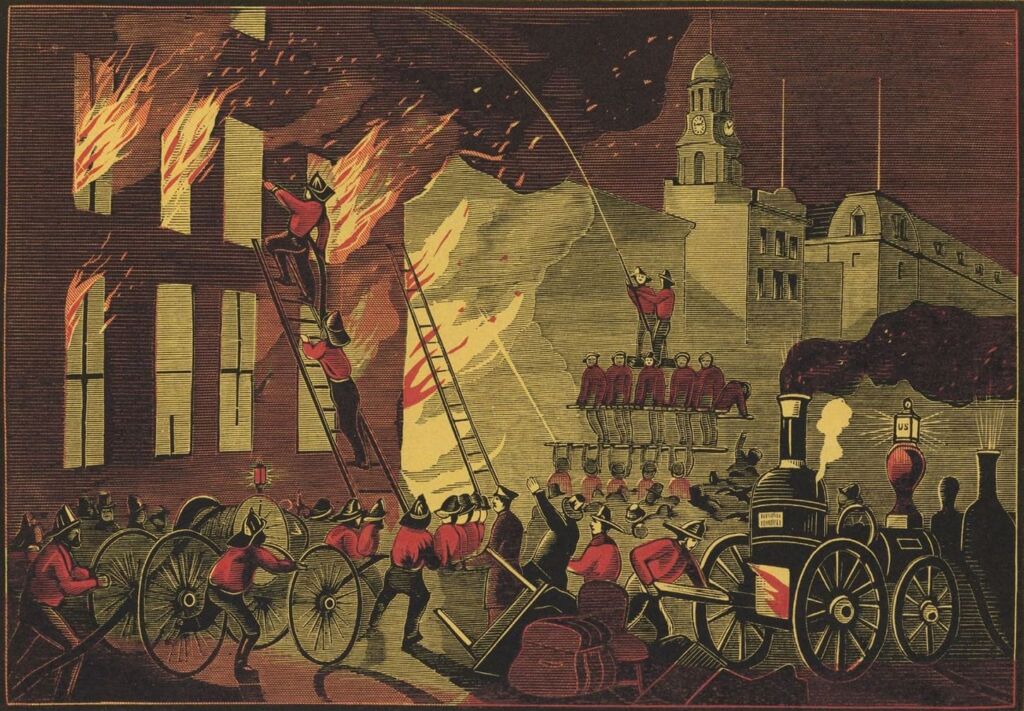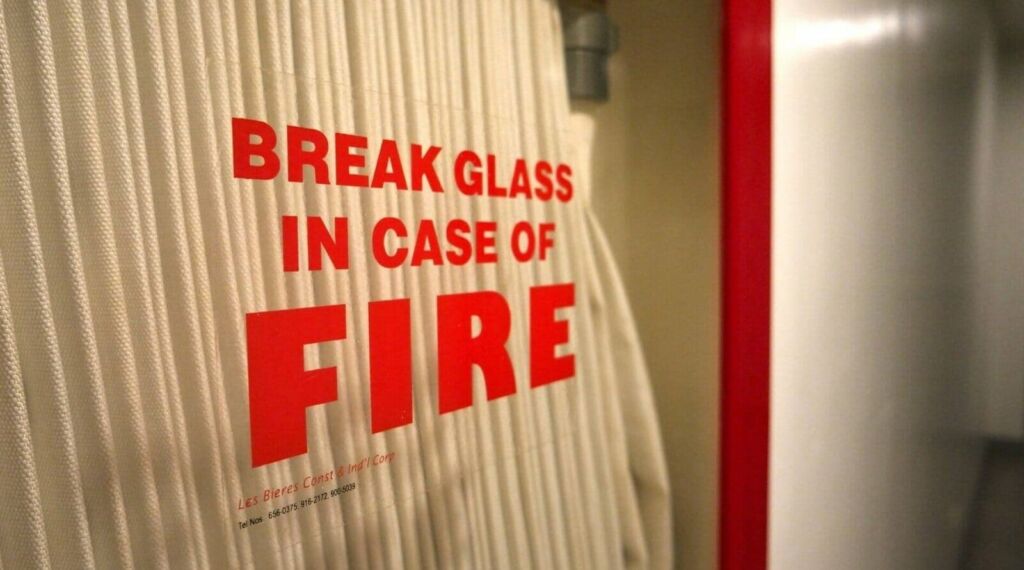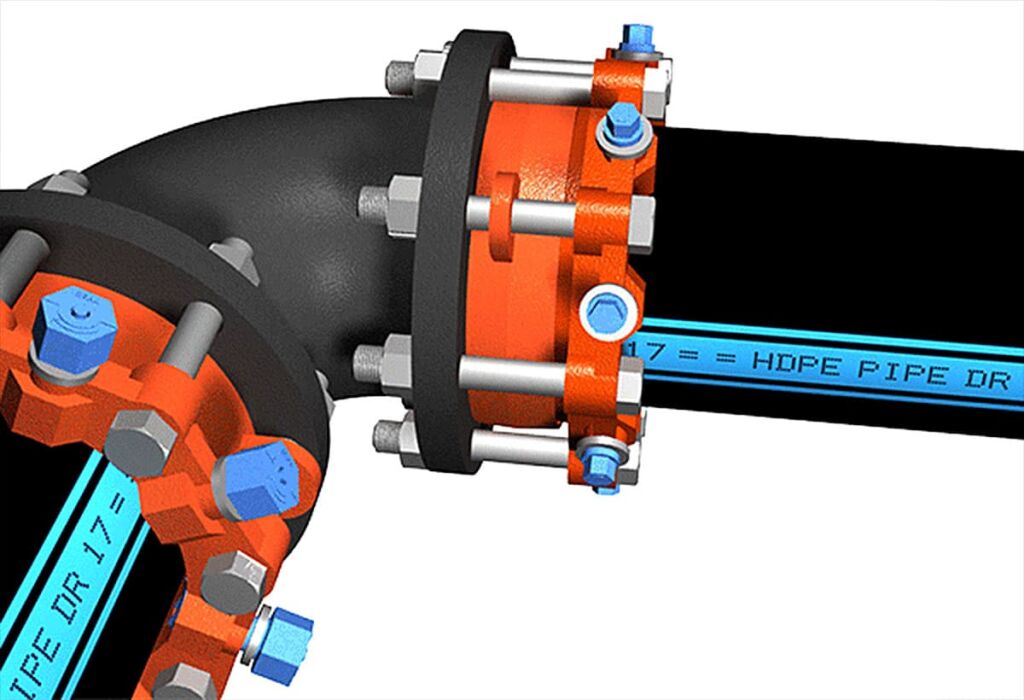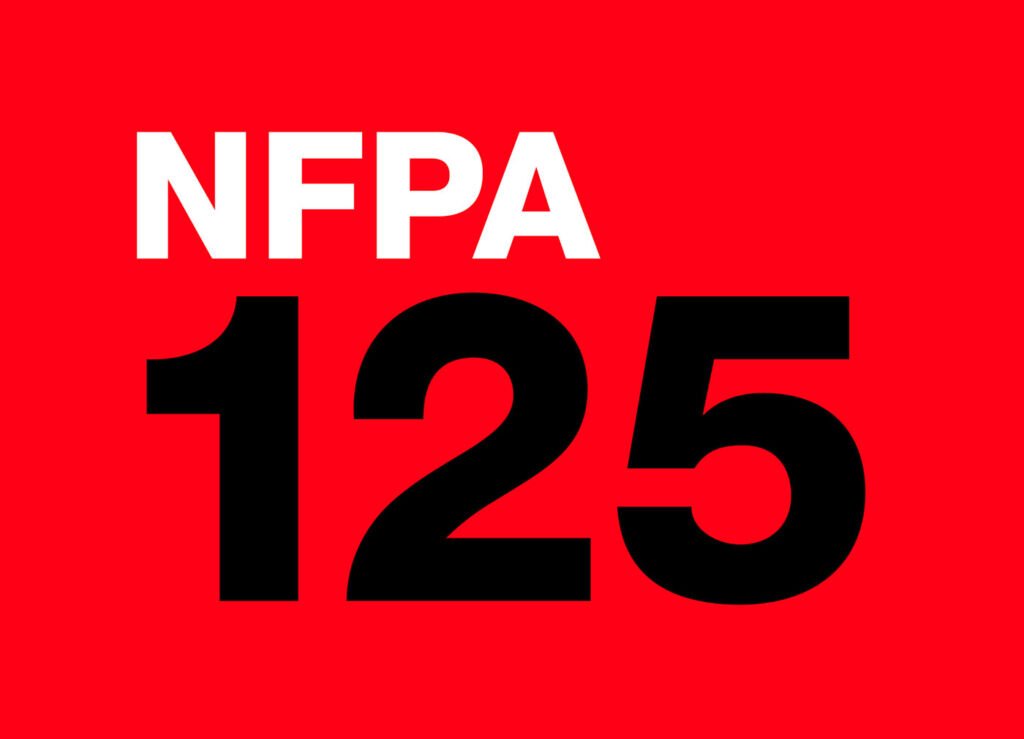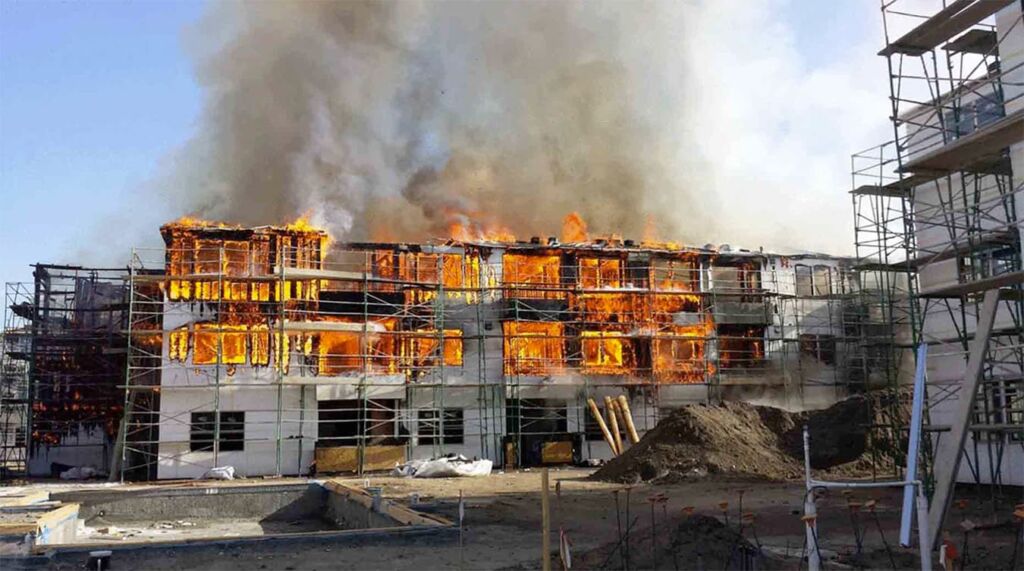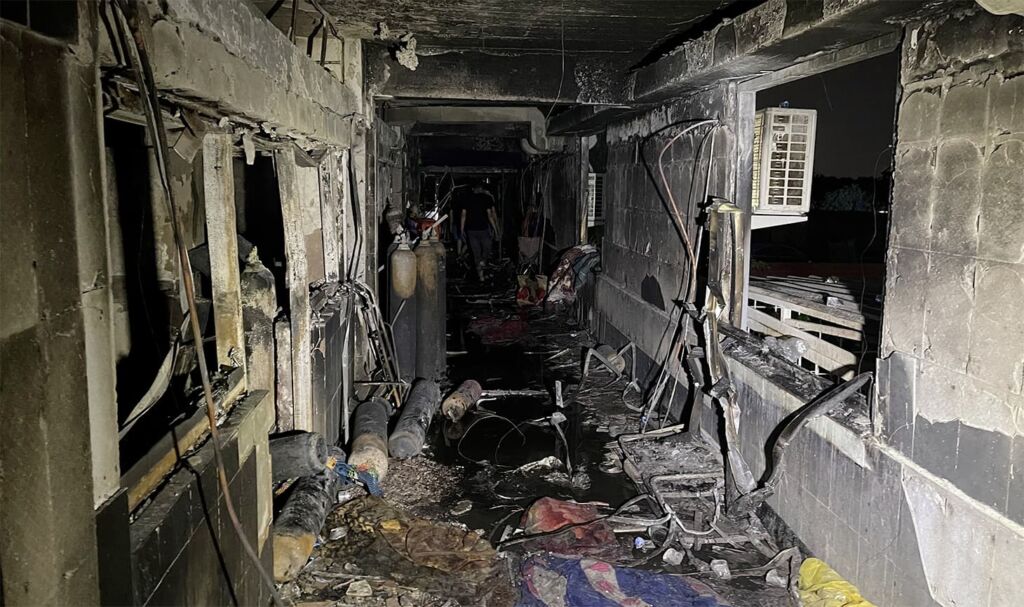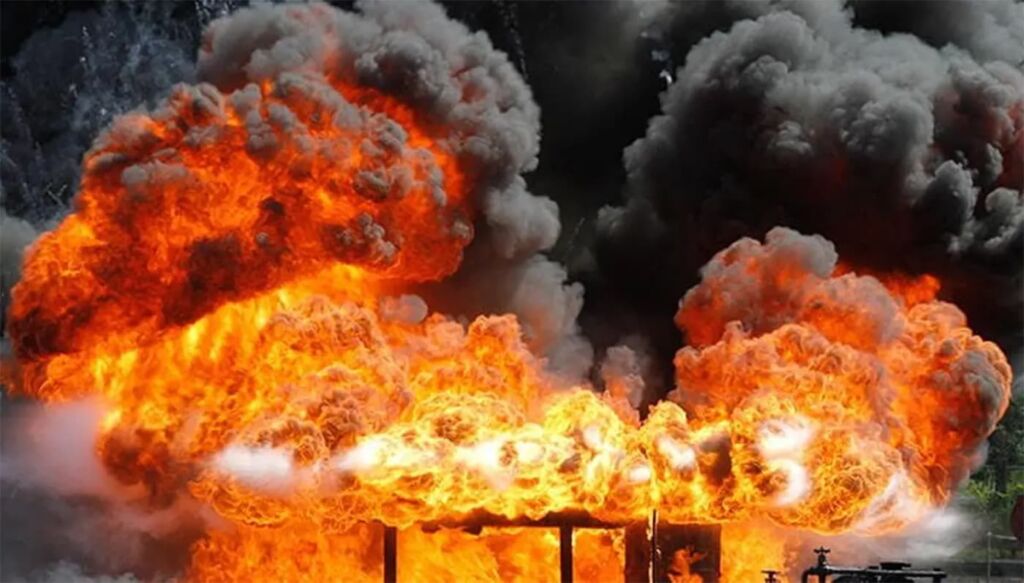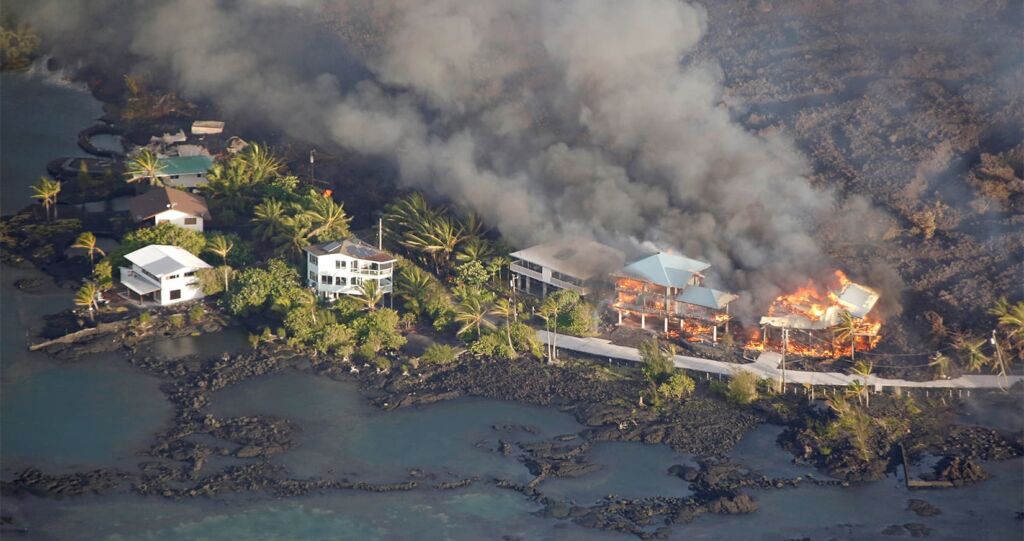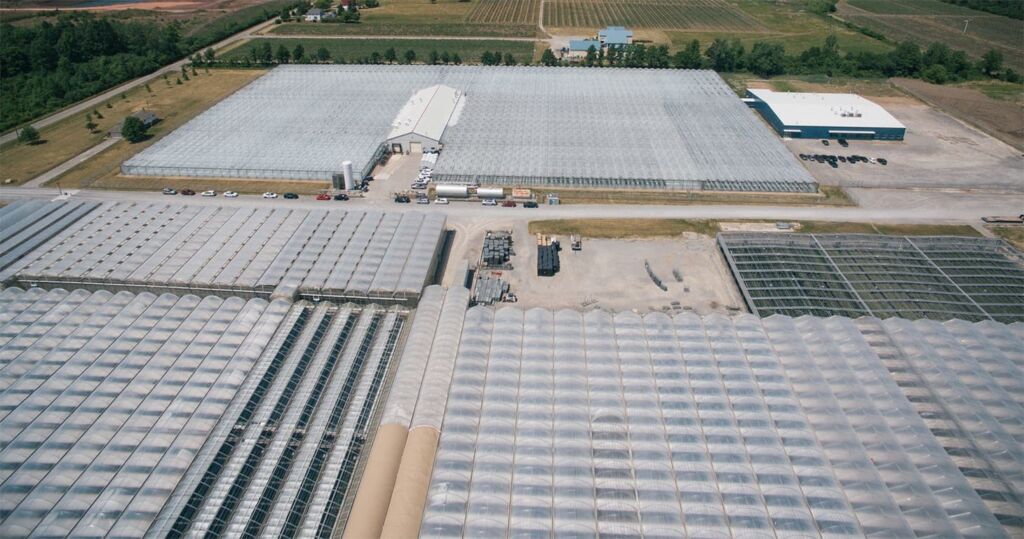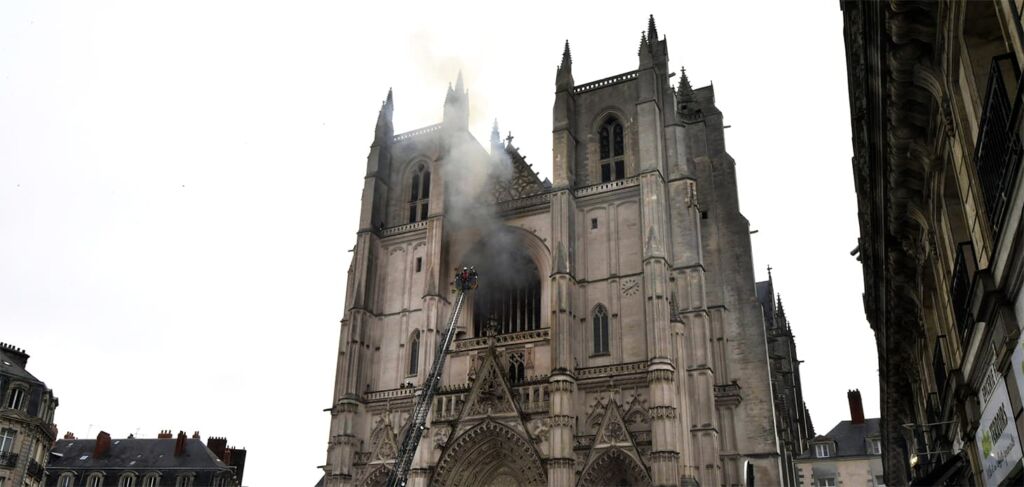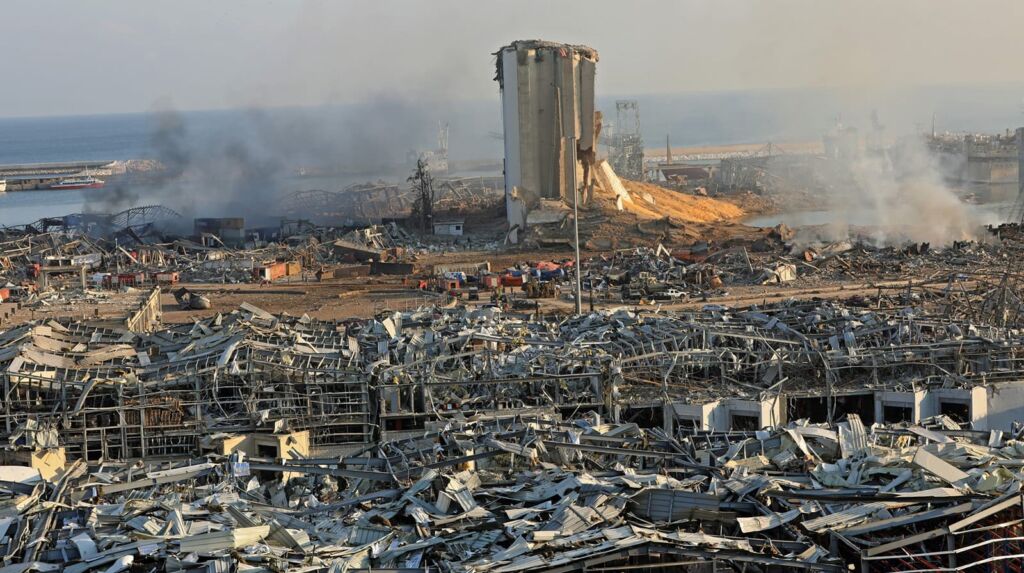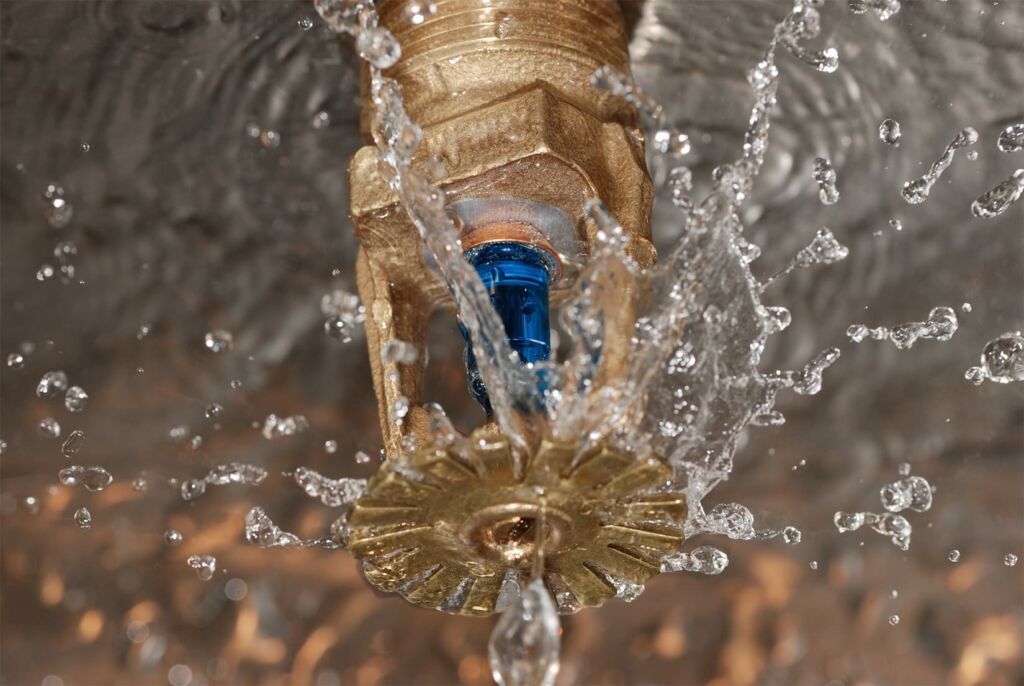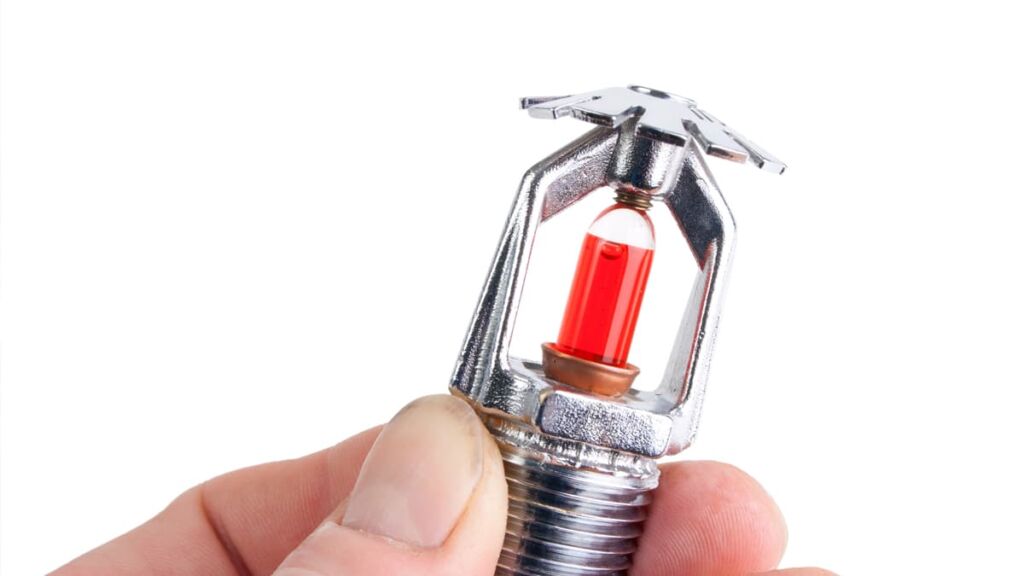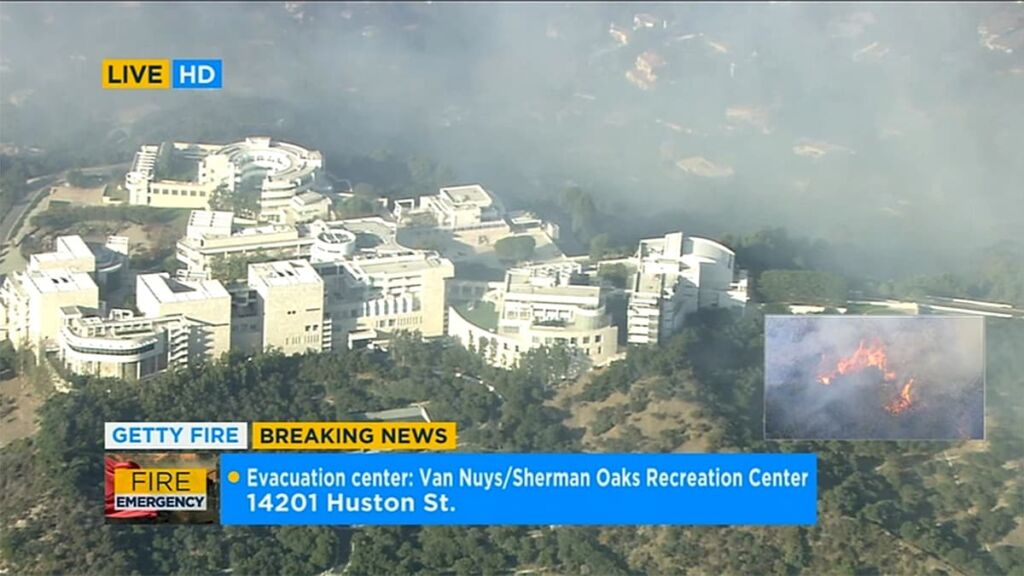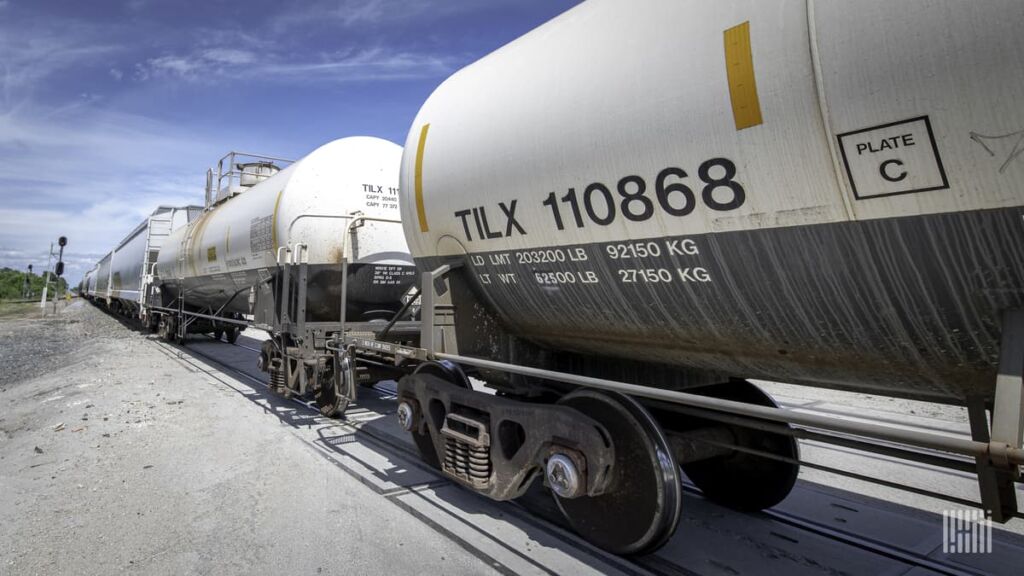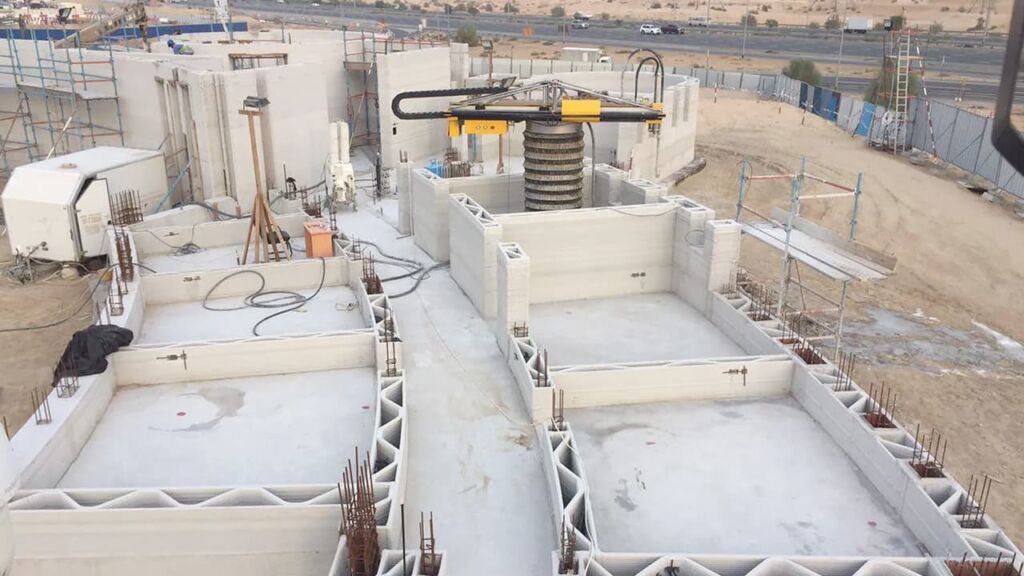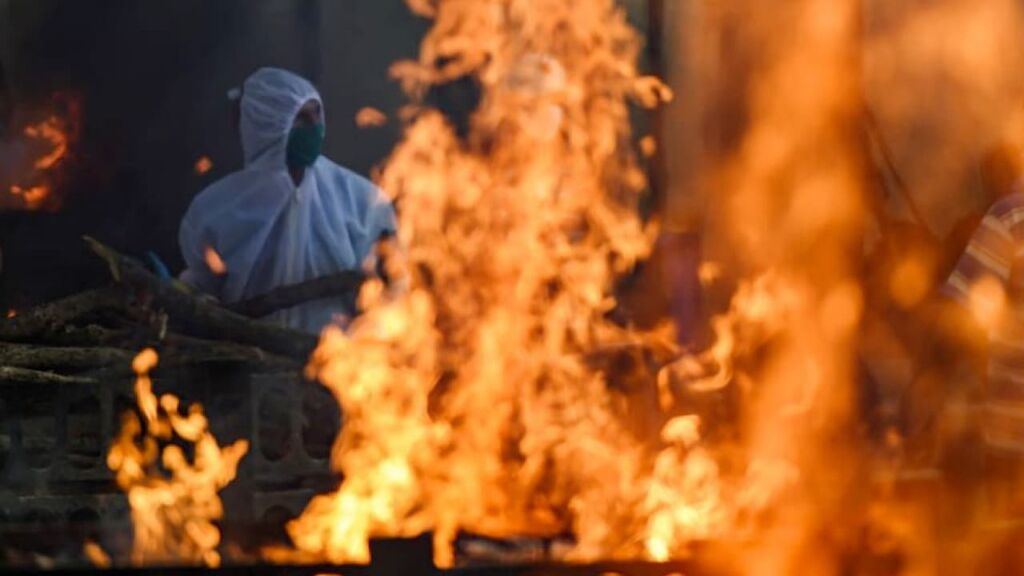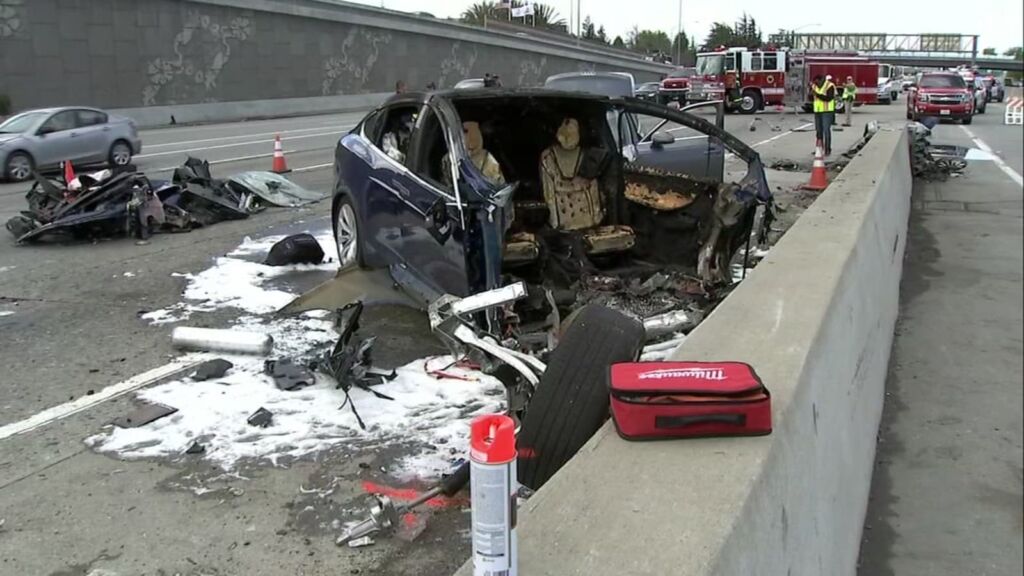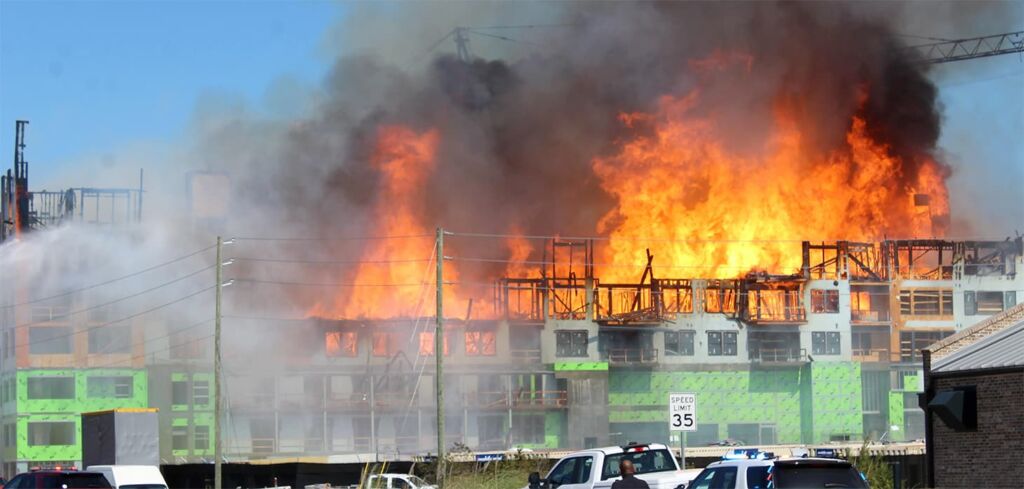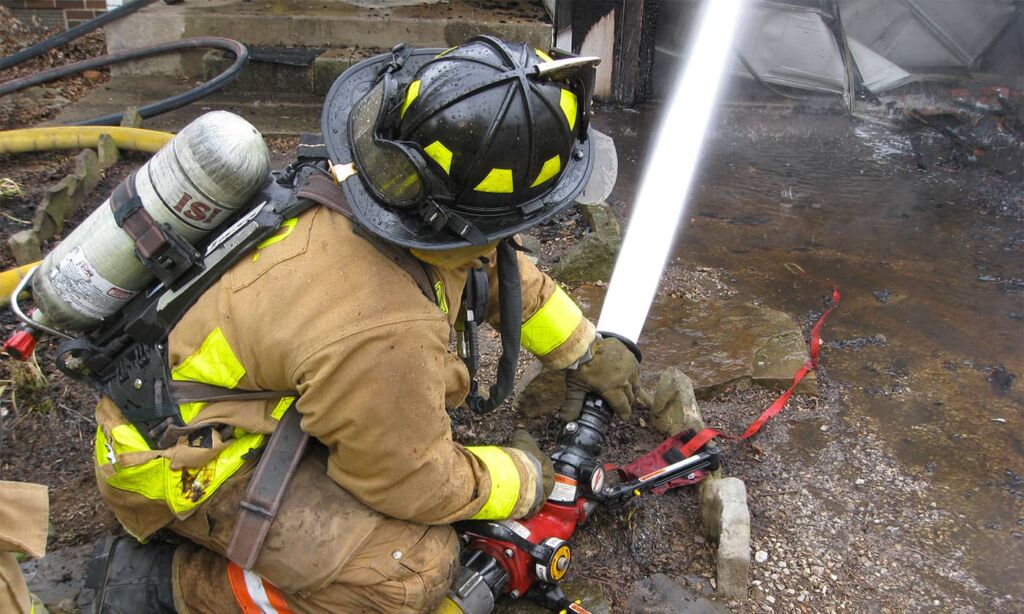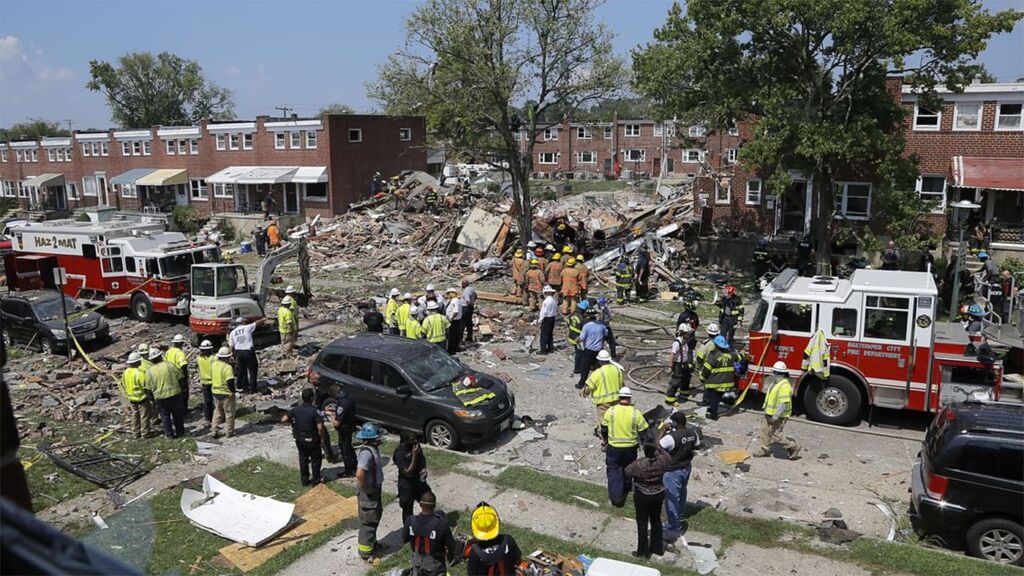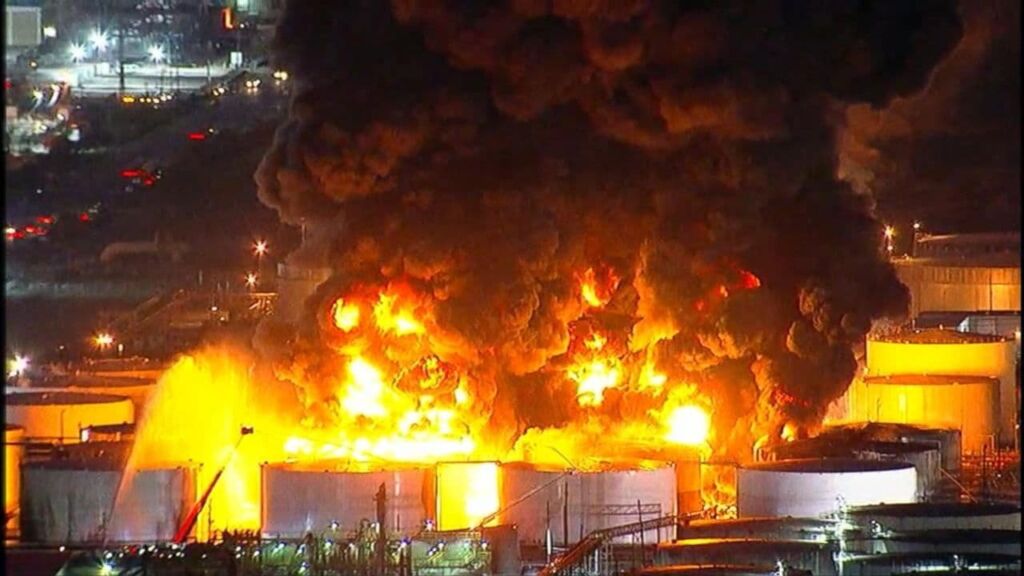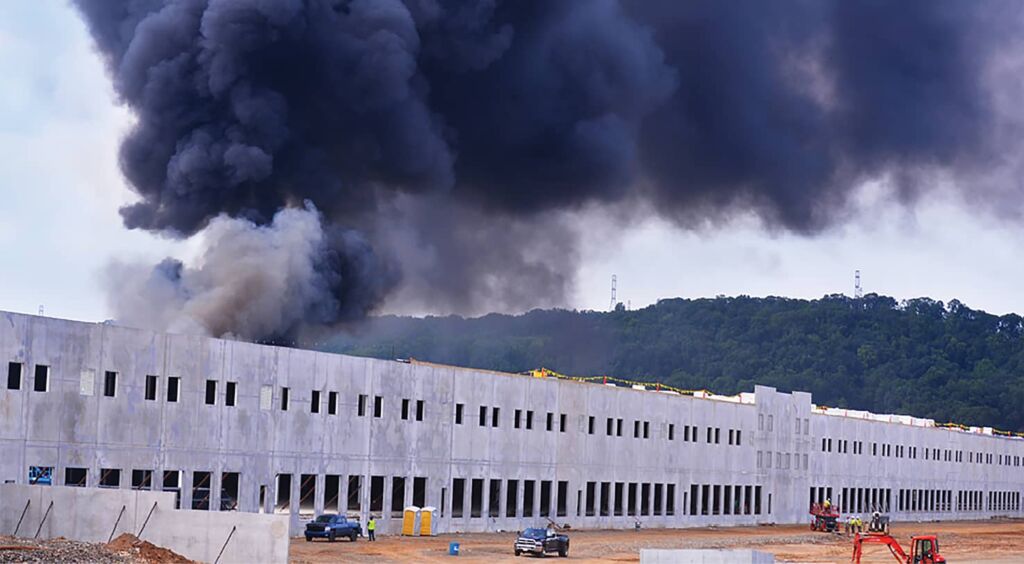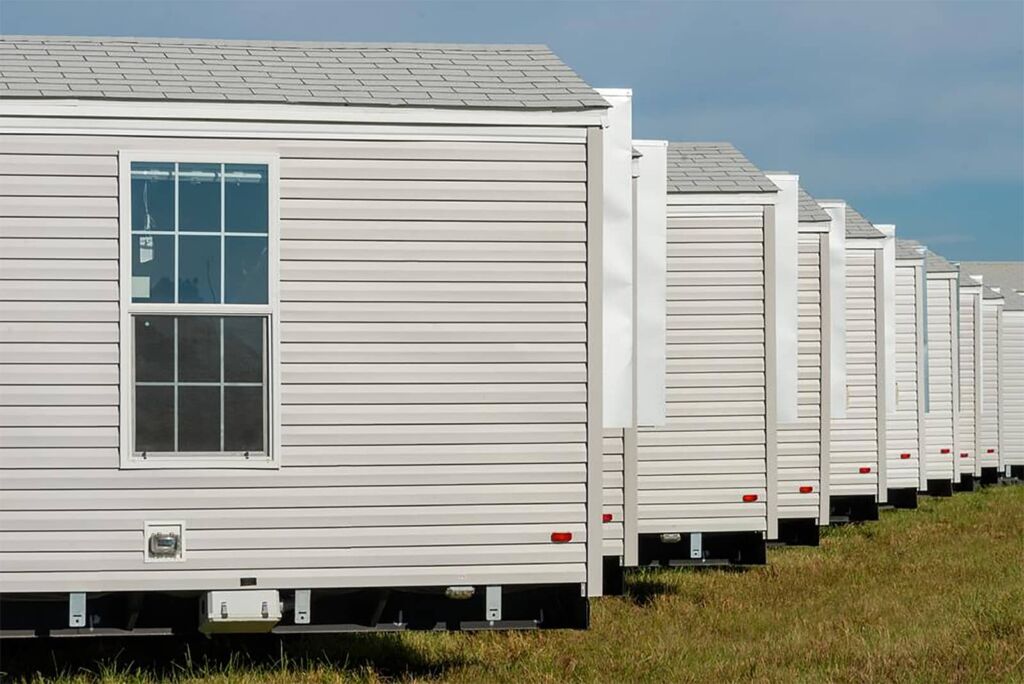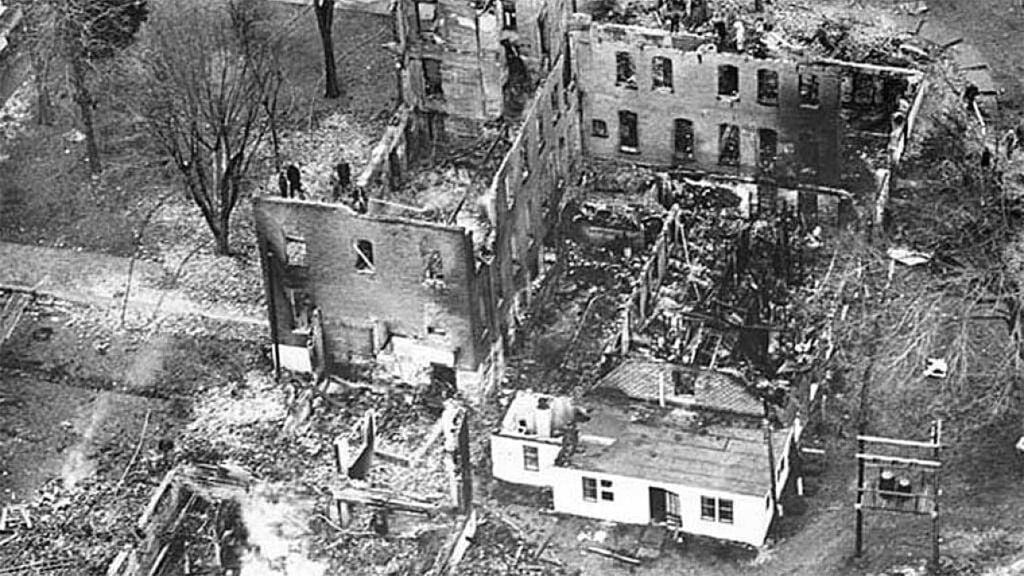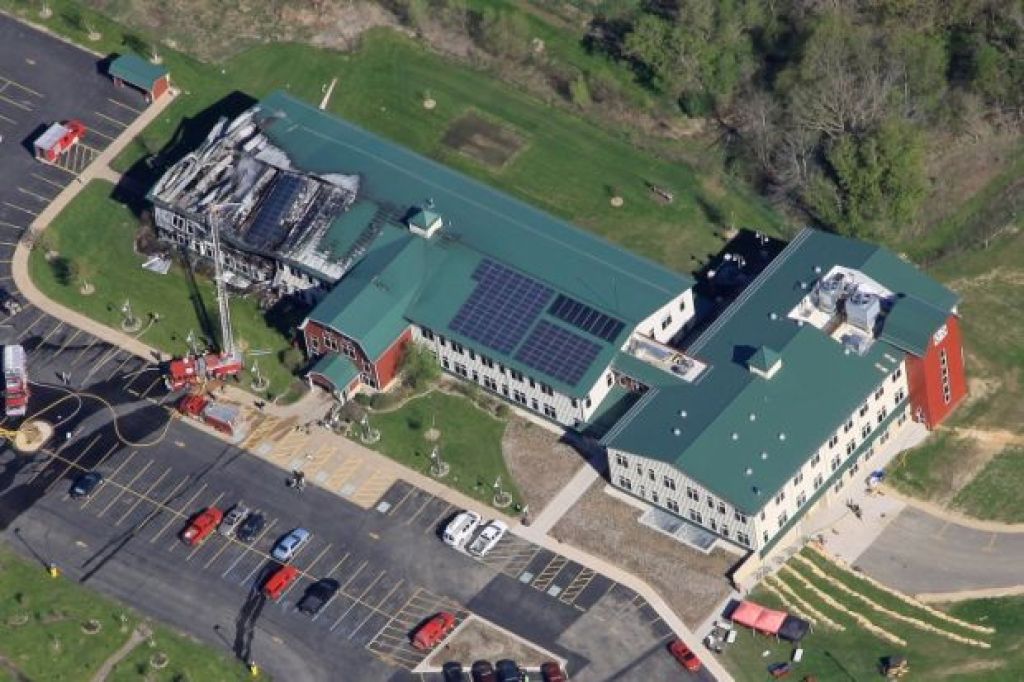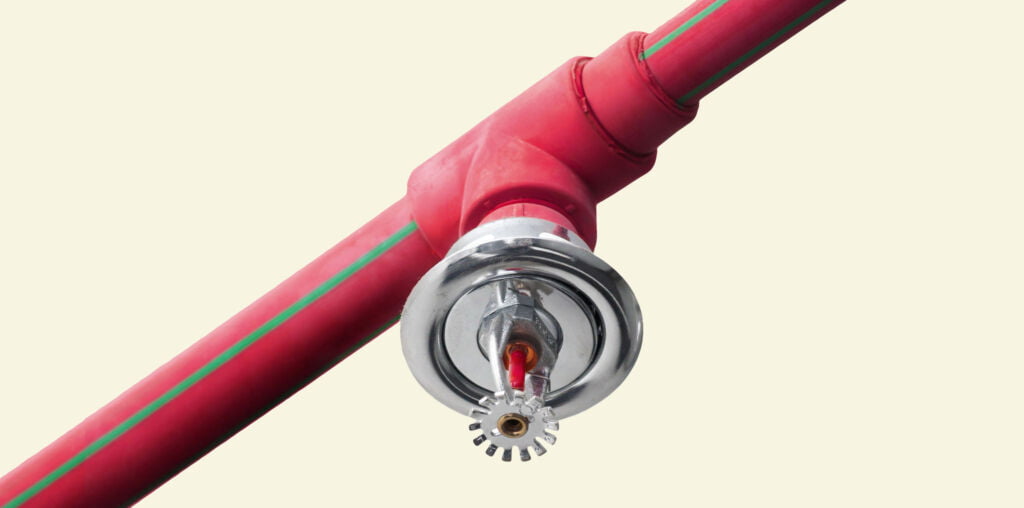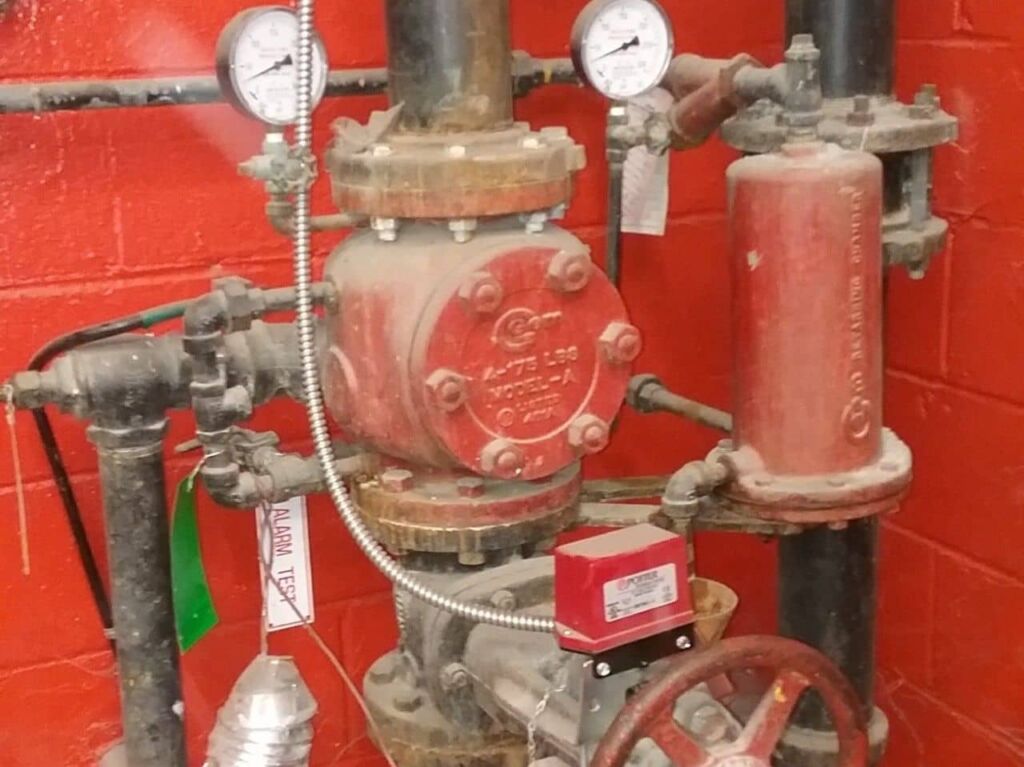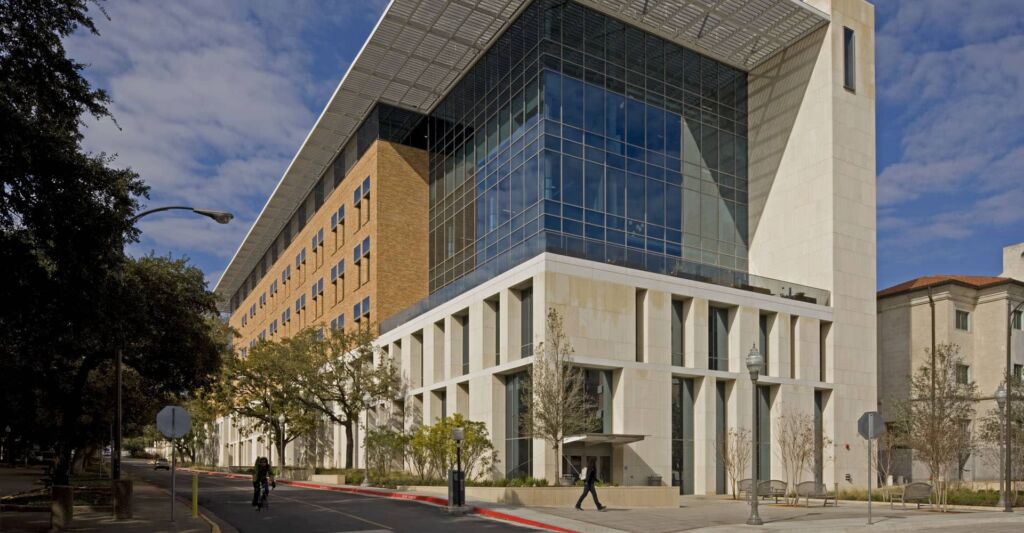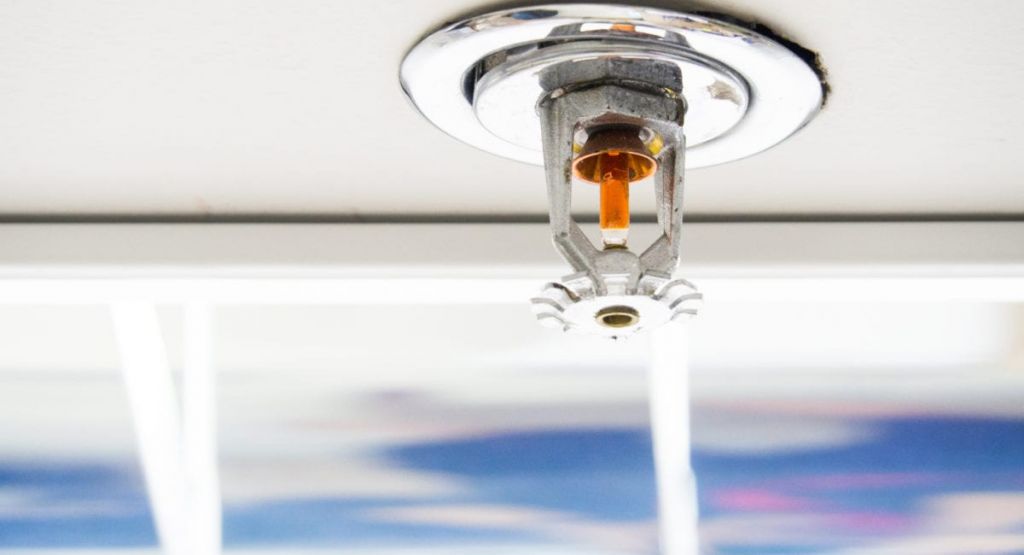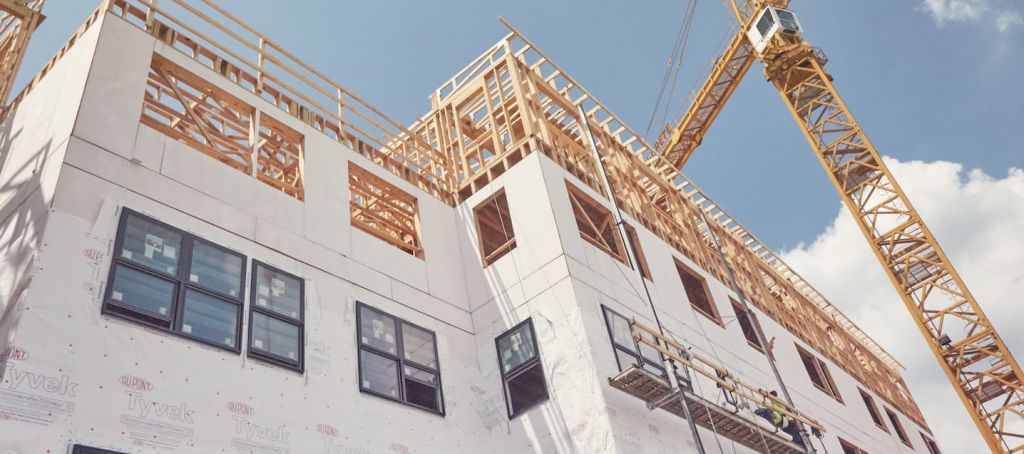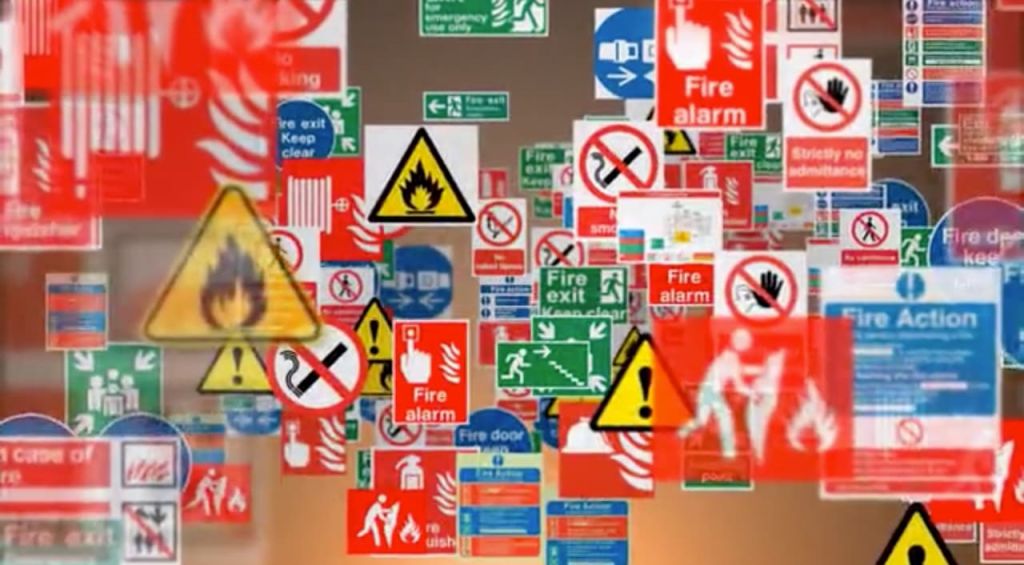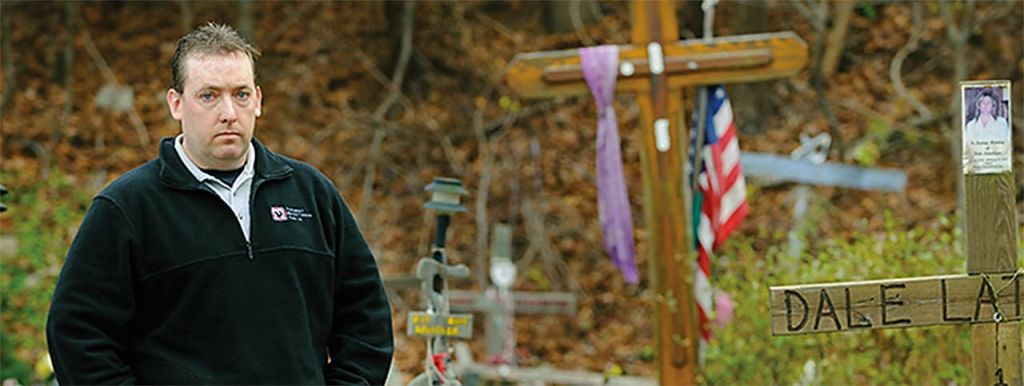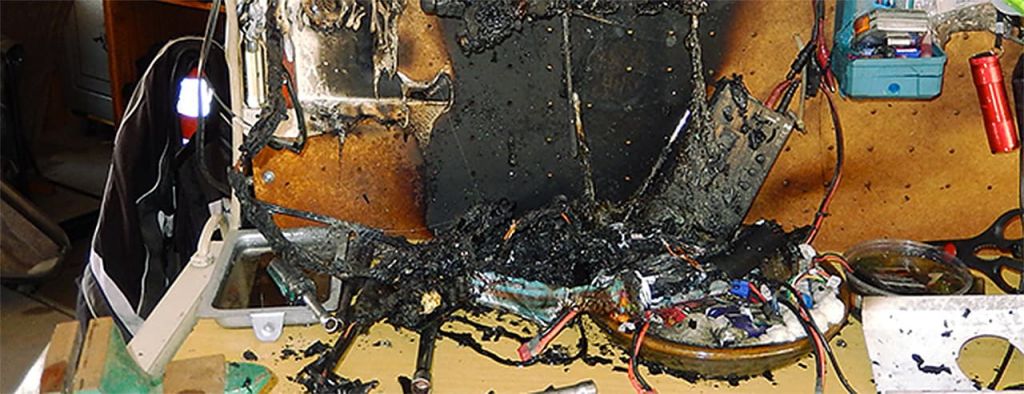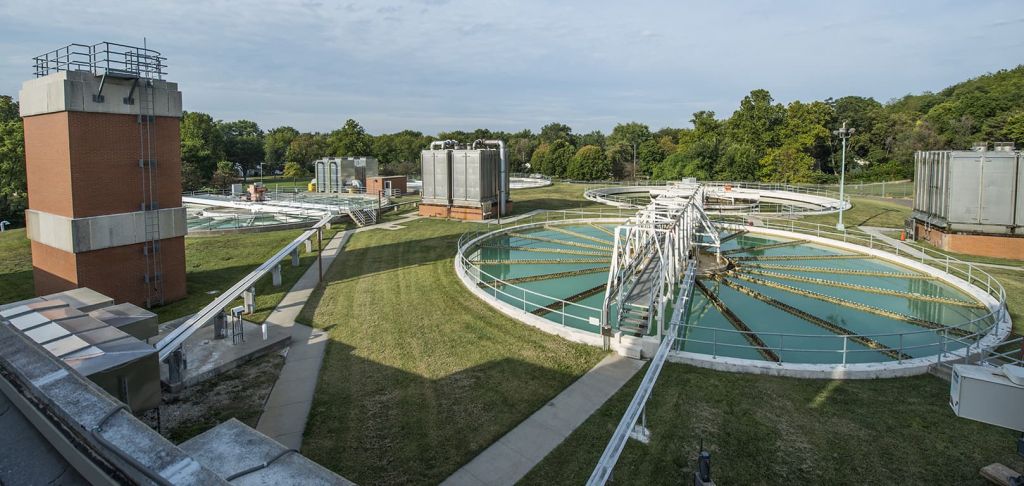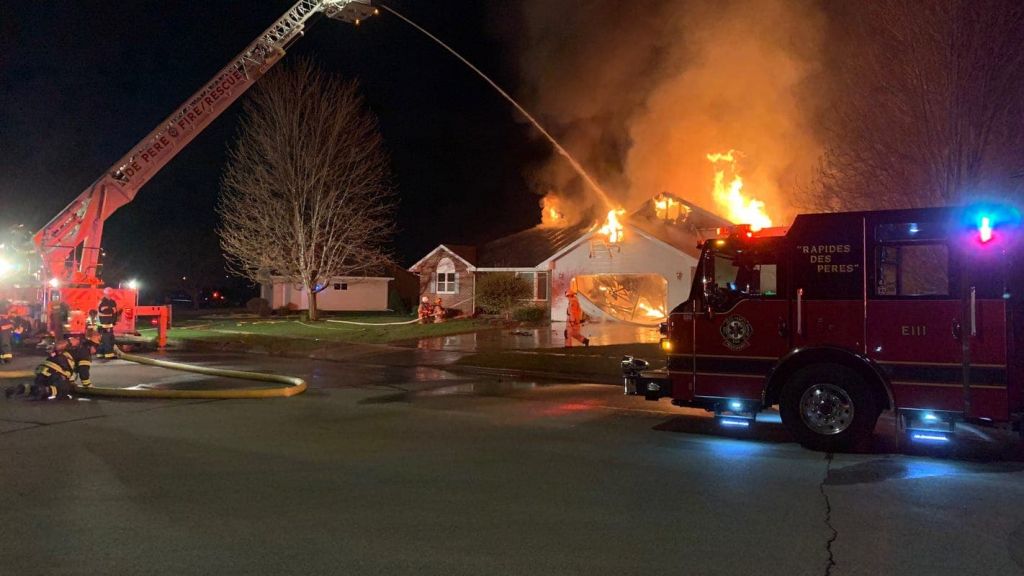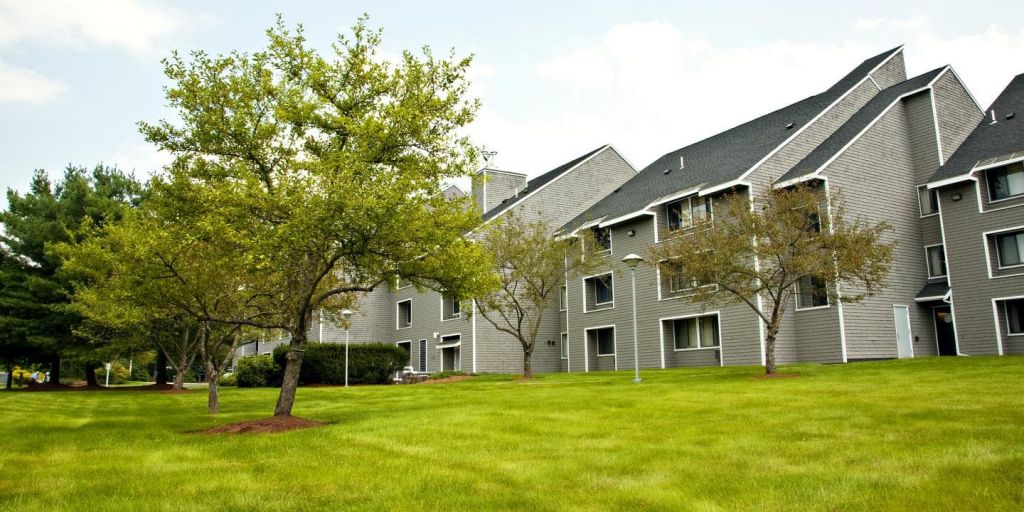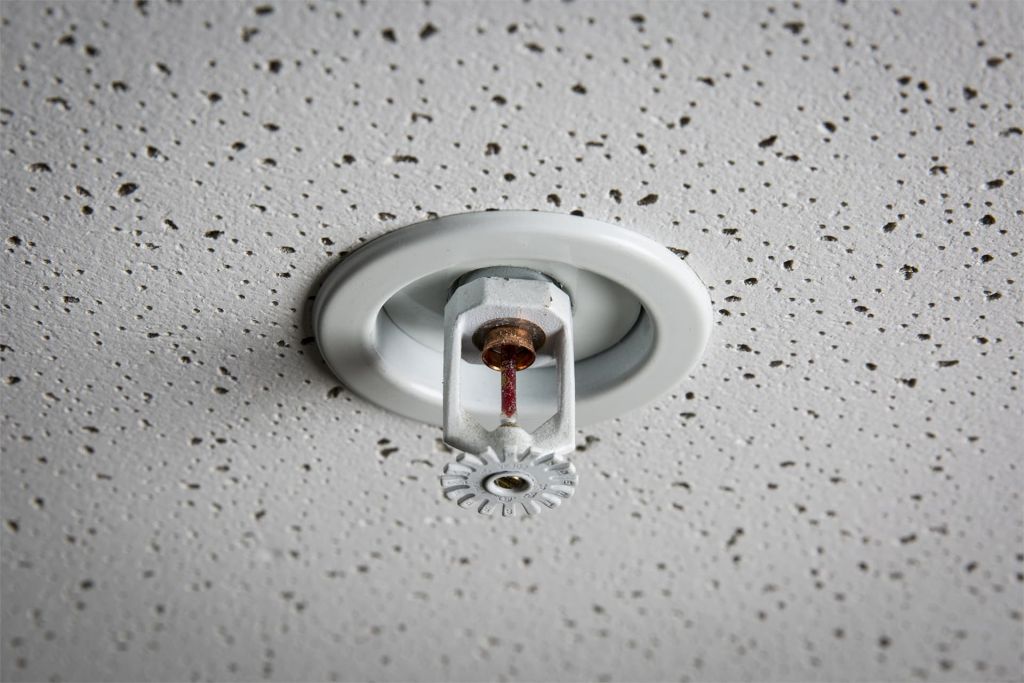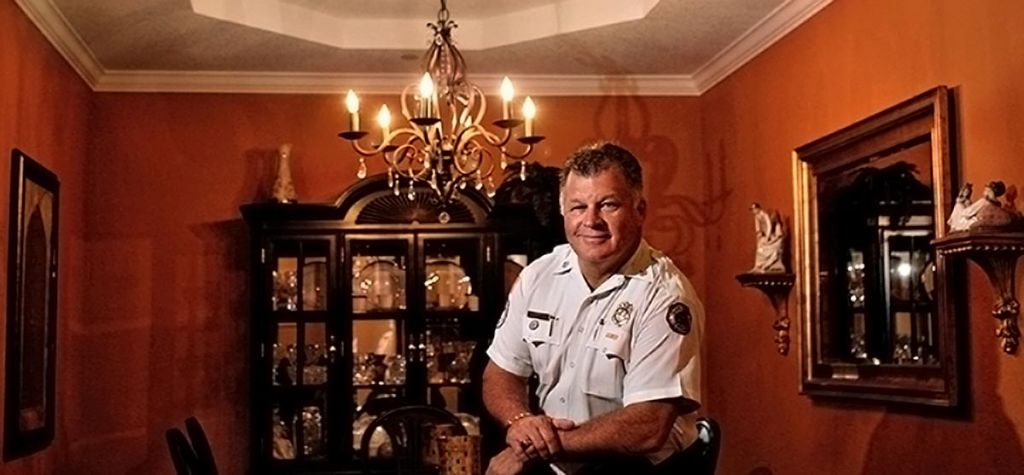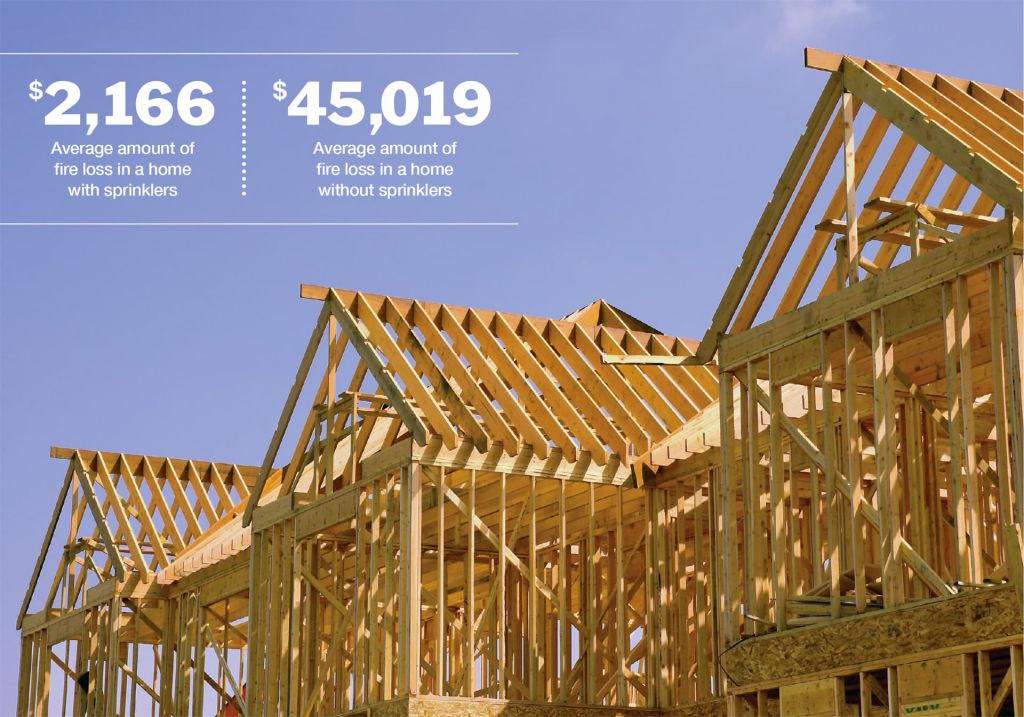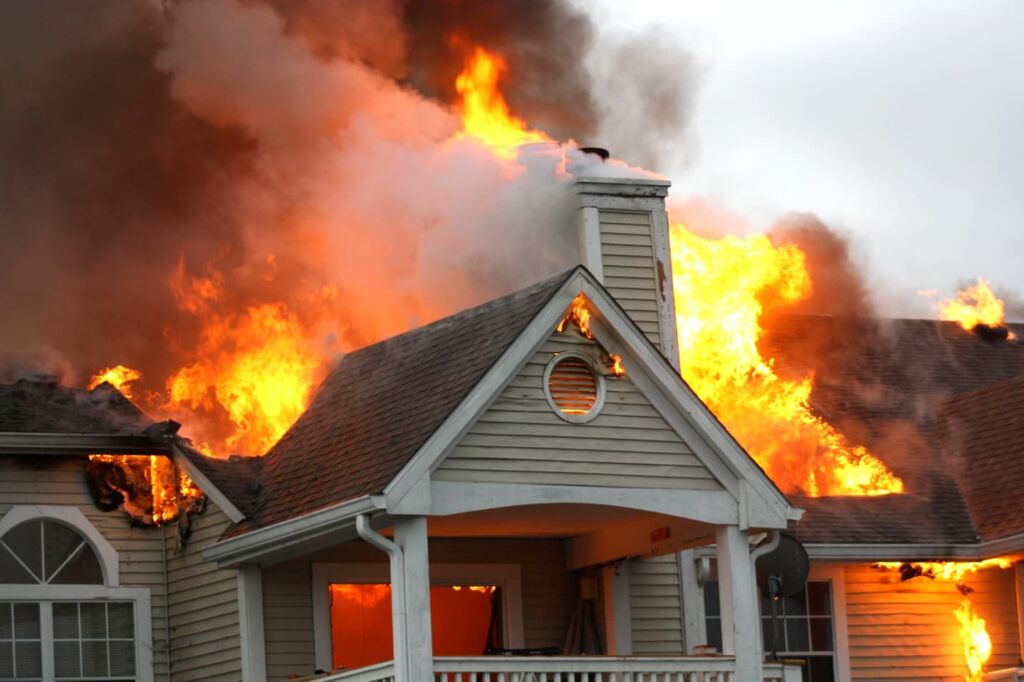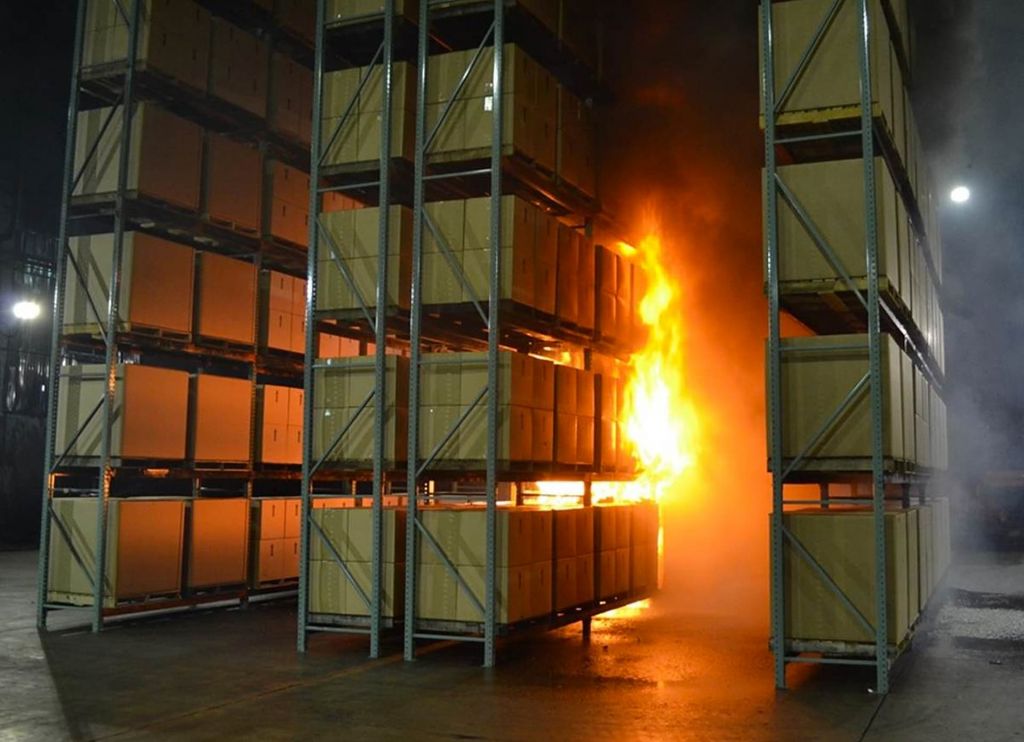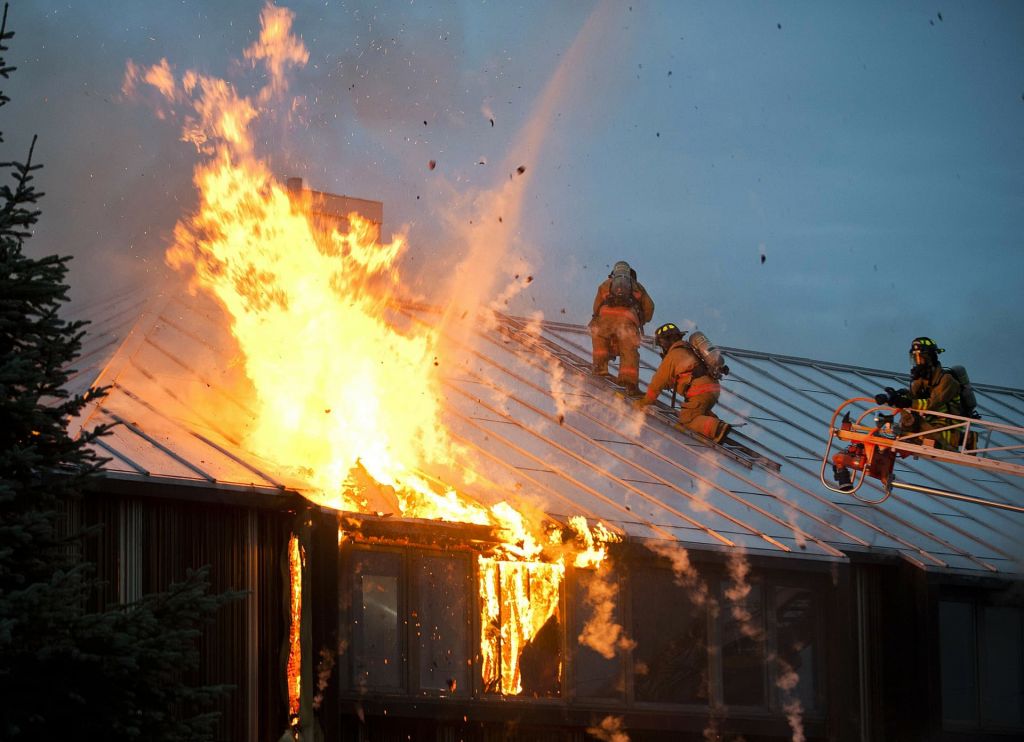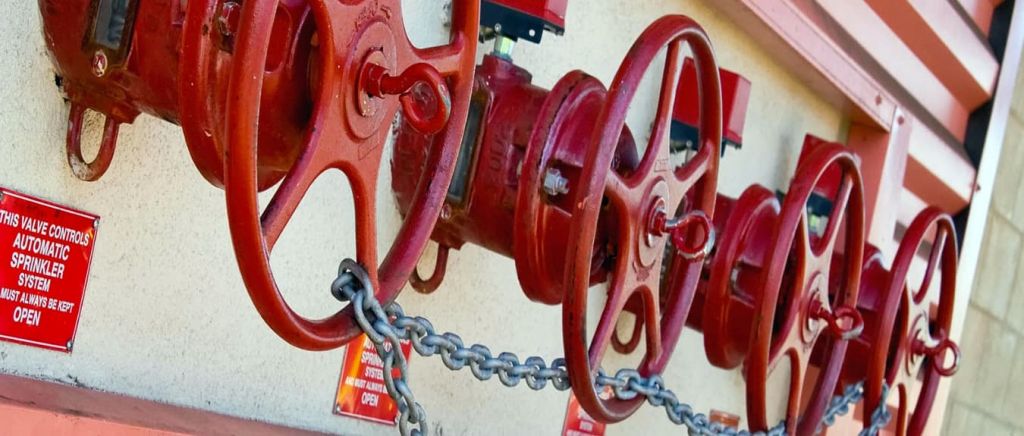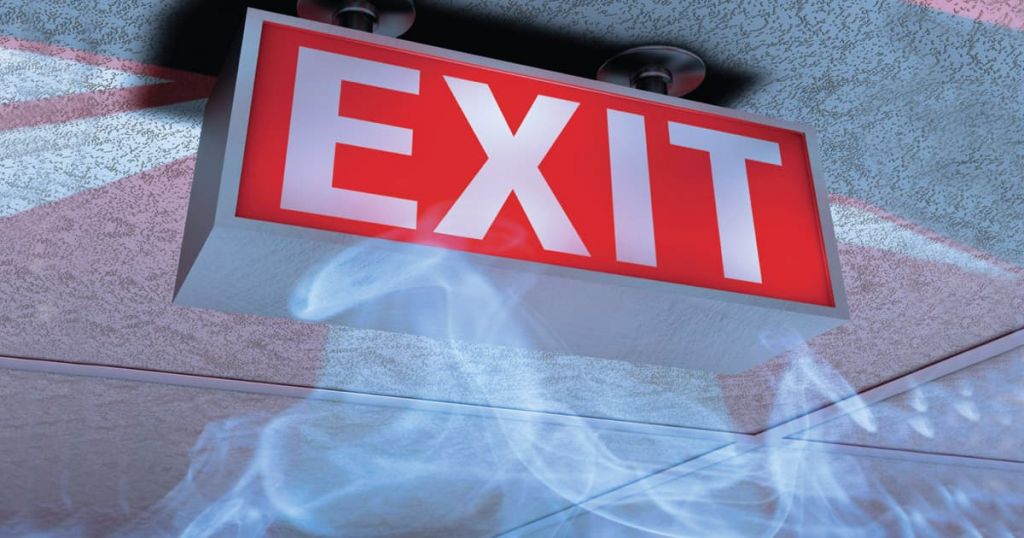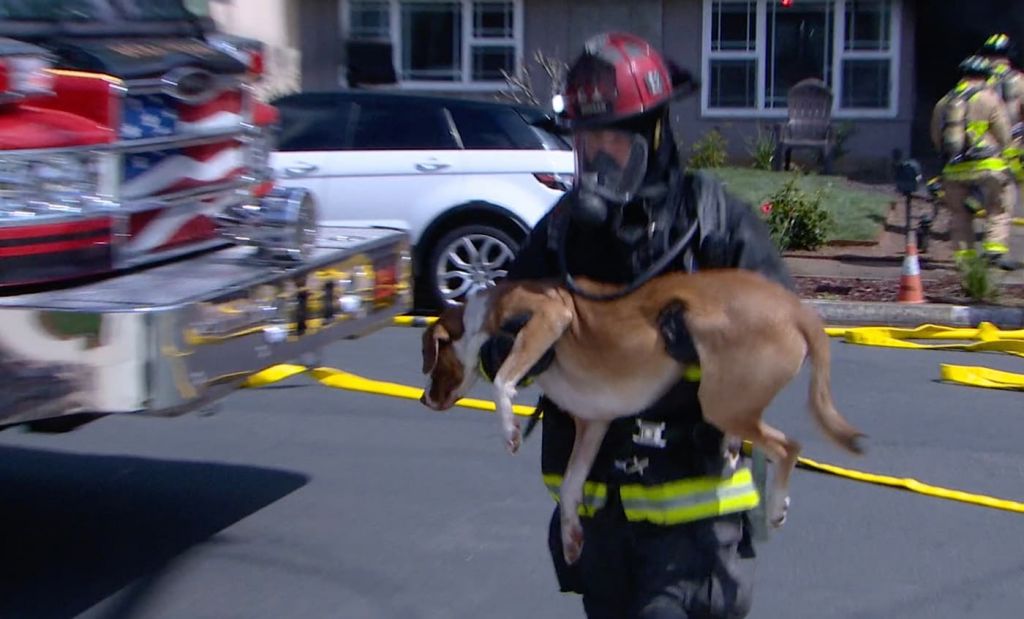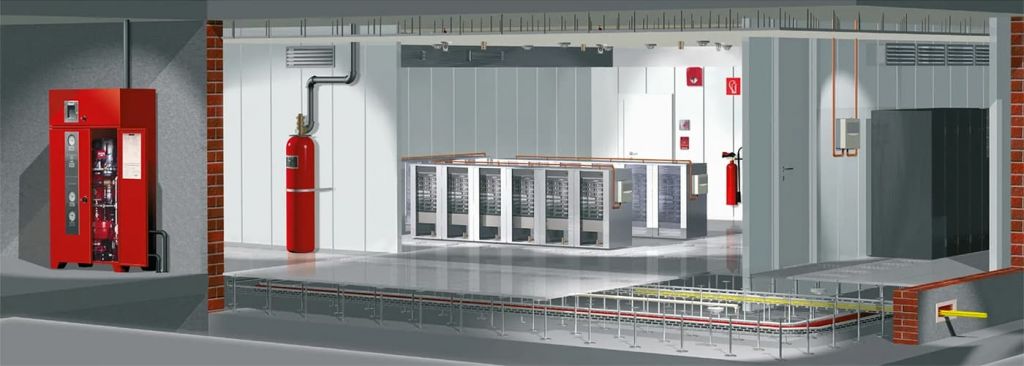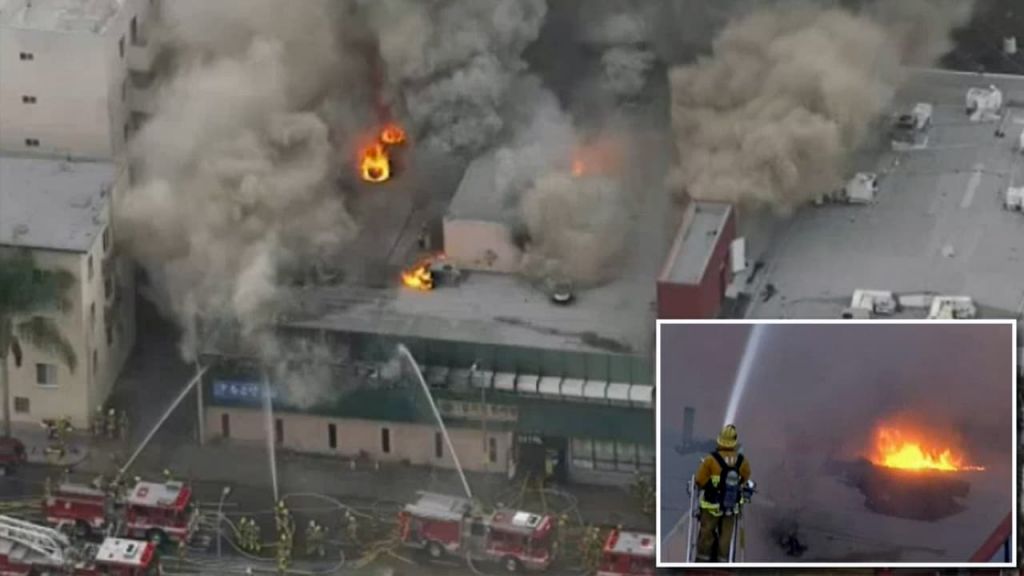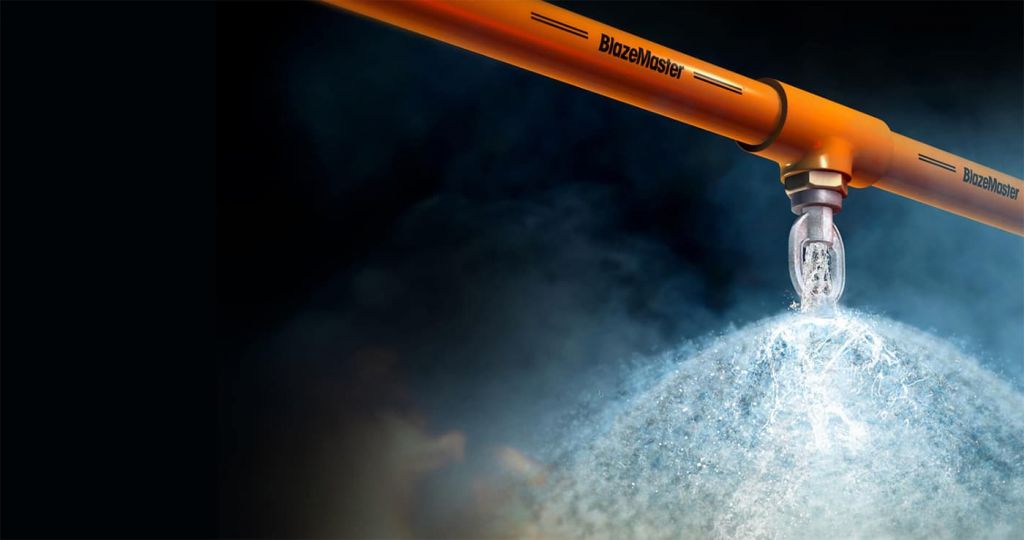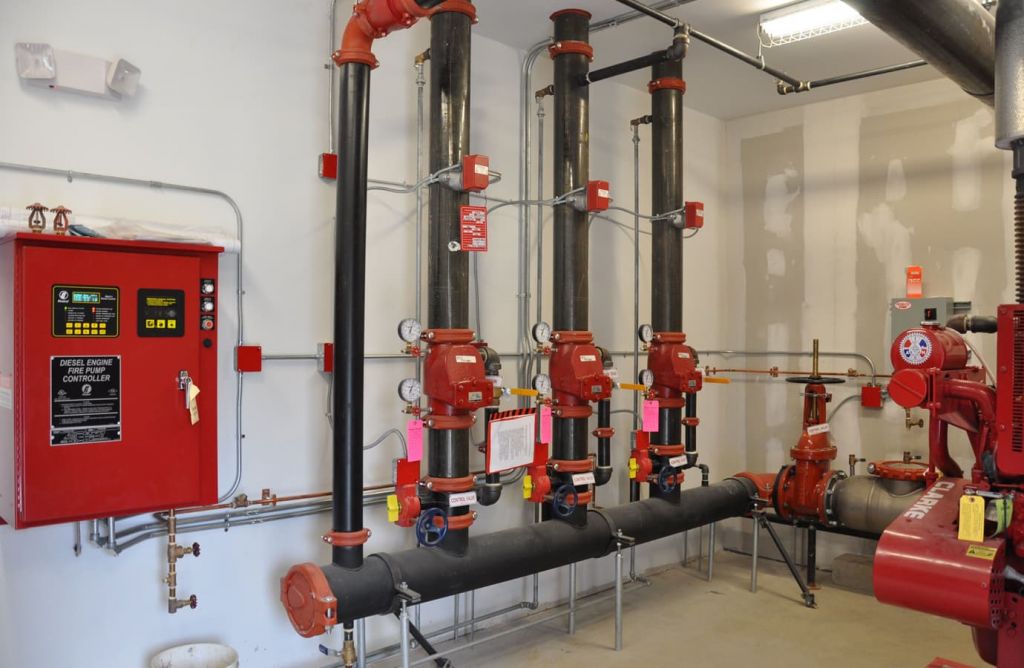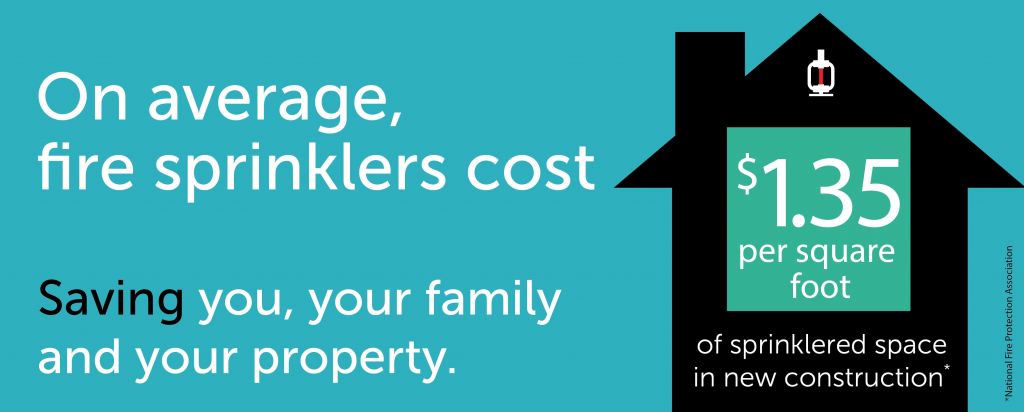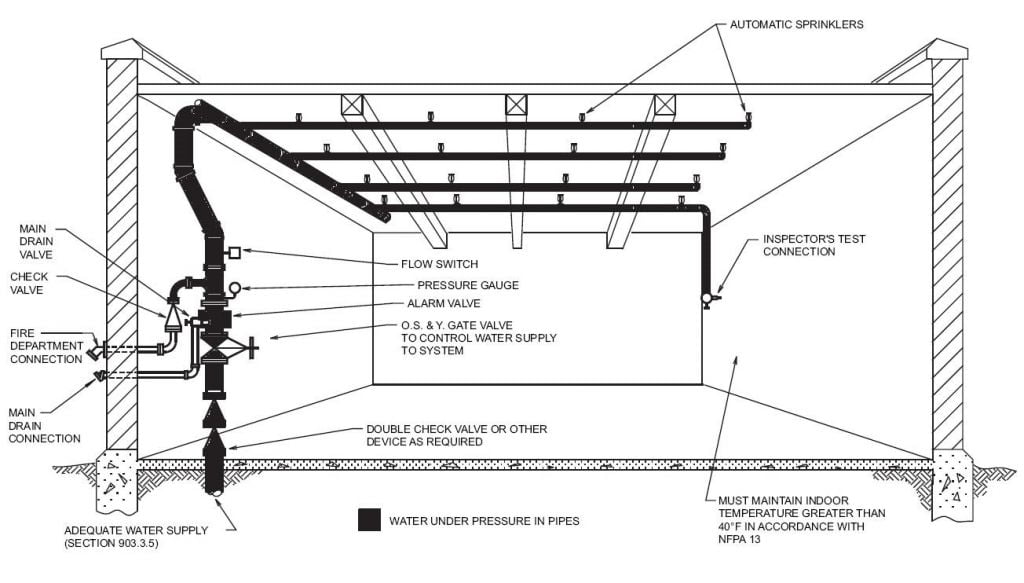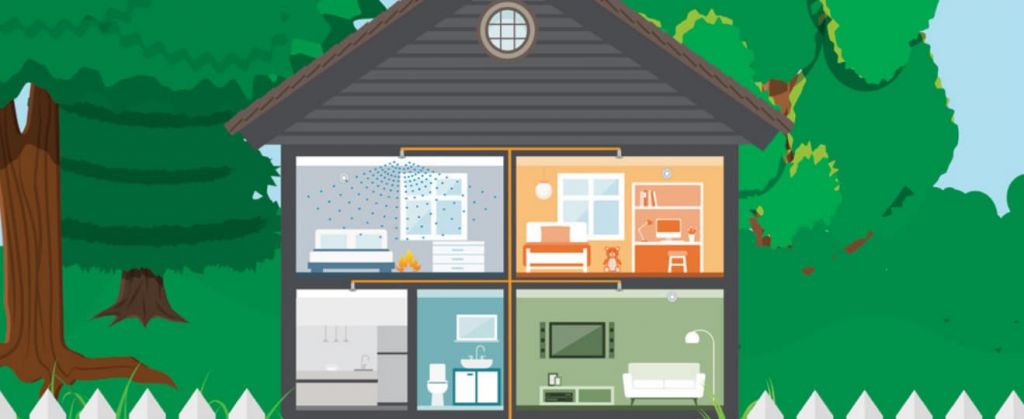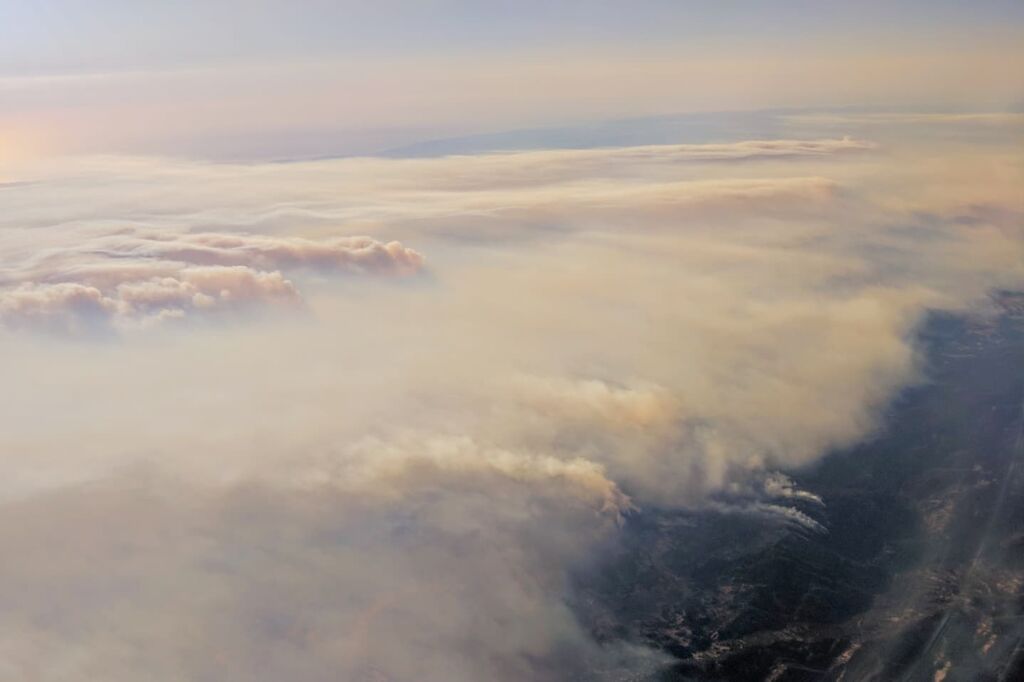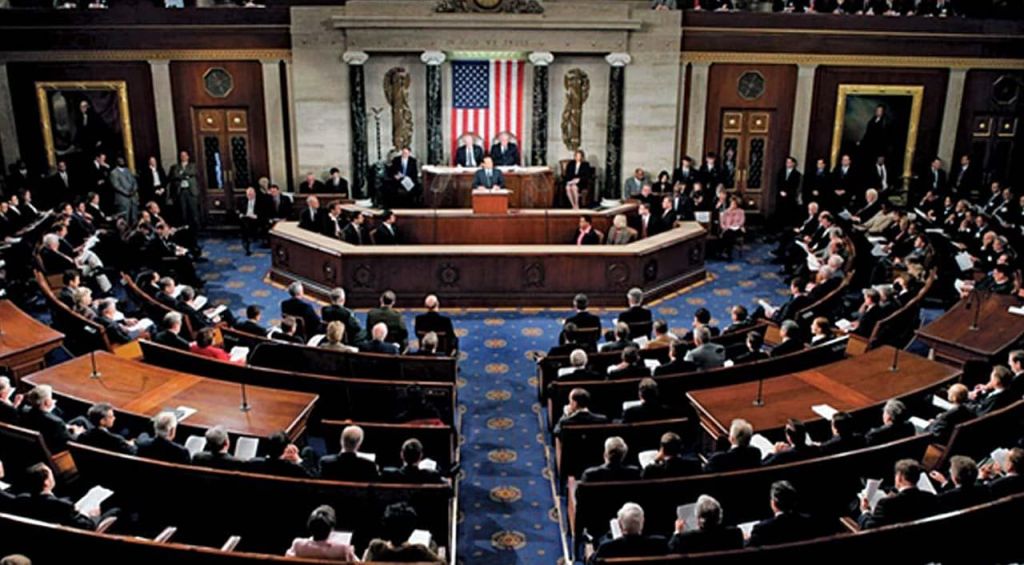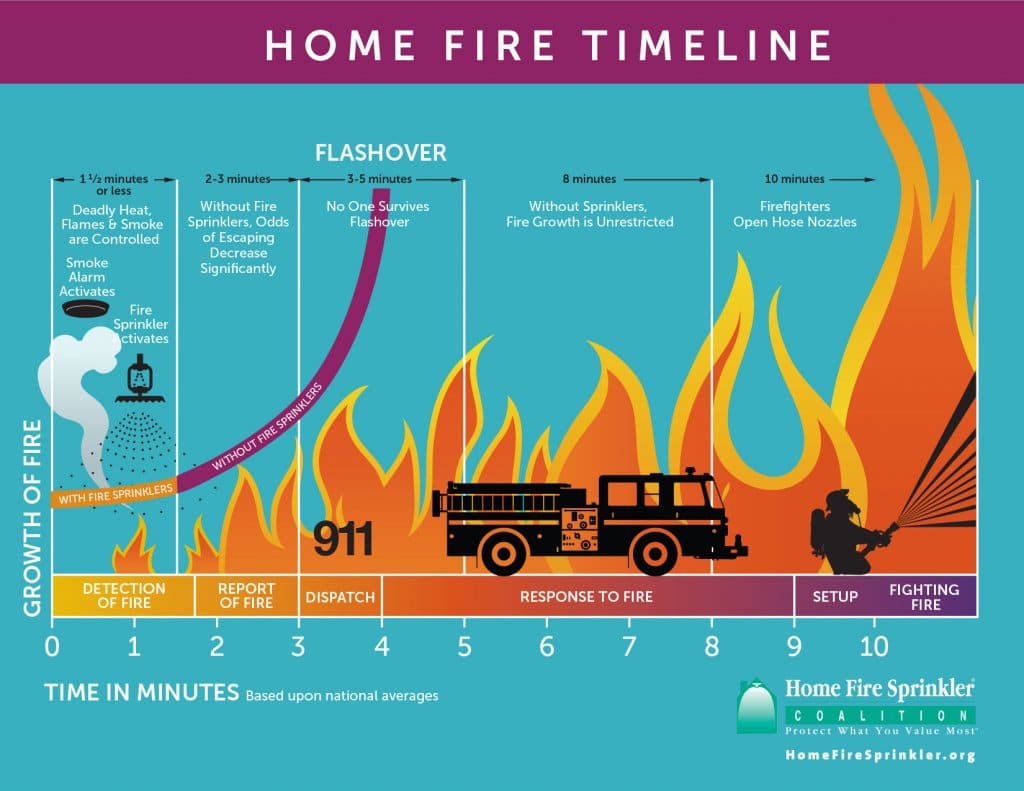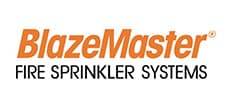Precision Fire Protection News
The Vital Role of Fire Inspectors and Fire Inspector Certification
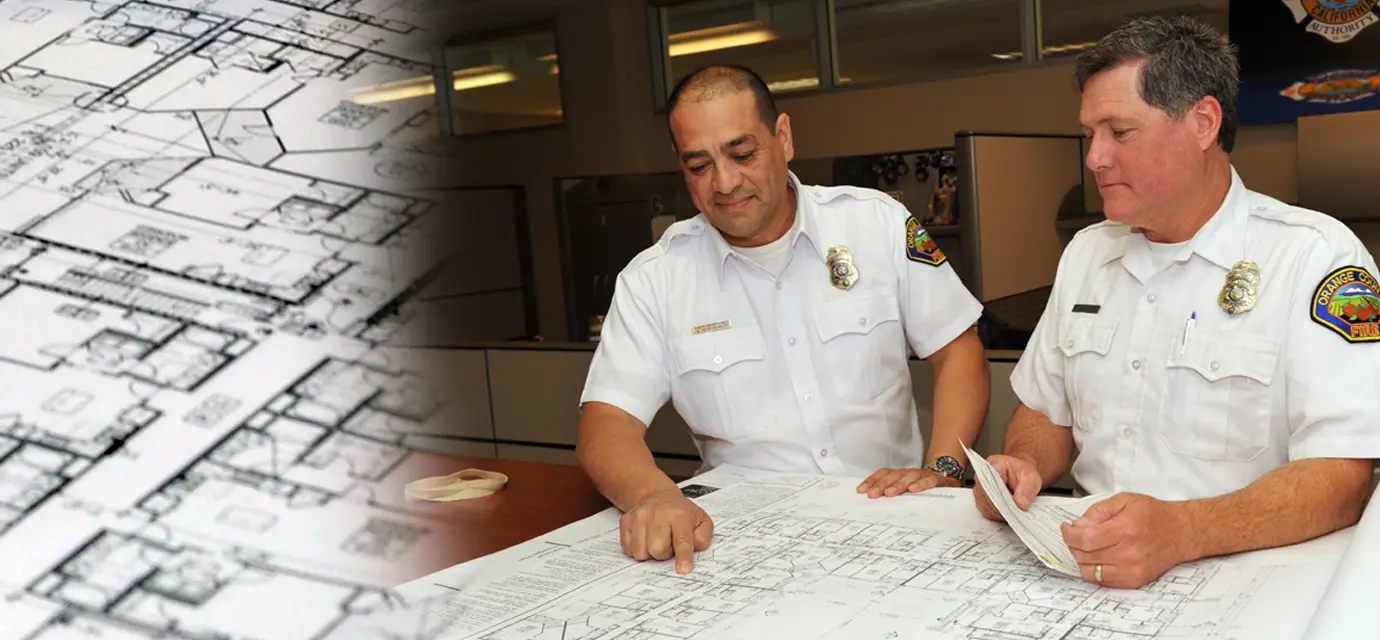
According to the latest “Fire Loss in the United States” report, published by NFPA in September 2022, there were roughly 1.35 million fires in the United States in 2021, causing a reported 3,800 civilian fire deaths and 14,700 civilian injuries. The property damage caused by these fires was nearly $15.9 billion.
According to the latest “Fire Loss in the United States” report, published by NFPA in September 2022, there were roughly 1.35 million fires in the United States in 2021, causing a reported 3,800 civilian fire deaths and 14,700 civilian injuries. The property damage caused by these fires was nearly $15.9 billion.
Although the number of fires has decreased over the last few years, it is still way too high, and we are seeing too high a cost in human lives lost and property damage. Clearly, this is a problem that needs to be addressed. So how do we fix it?
Looking at this problem through the lens of the NFPA Fire & Life Safety Ecosystem™, it will take all of us working together to create positive change to improve those numbers. The Fire & Life Safety Ecosystem is defined as “a framework that identifies the components that must work together to minimize risk and help prevent loss, injuries, and death from fire, electrical, and other hazards.”
A critical part of reducing the loss of life, injuries, and property damage from these hazards is fire prevention. Having been in the fire service for many years, I can tell you that part of our basic priorities was always what we called LIP—life safety, incident stabilization, and property conservation. And what is one of the best ways to help accomplish these priorities? Through dedicated prevention programs. An important cog in the Ecosystem and one that can too often be overlooked and under-resourced is code compliance. In other words, getting out into your jurisdictions on inspection details to assist the community in complying with their safety codes and standards.
Typically, across the US, the lion’s share of the fire protection budgets of our communities is focused on fire suppression and other response assets and, in some cases, justifiably so. It’s worth noting that I absolutely believe we will always require brave women and men to staff department apparatus and respond to emergencies 365/24/7. But if we focused just a bit more on the front end—preventing those emergencies—it will be more cost (lives and property) effective at the end of the day.
The good news is that according to the Fifth Needs Assessment of the US Fire Service, published by NFPA in December 2021, approximately 77 percent of departments surveyed perform some form of fire prevention. Yet of those same departments, only 37 percent engage in code enforcement. Now that’s not to say it isn’t being done. Many smaller communities, mainly the ones serving a population of 10,000 or less, rely on building or other officials to take on the code enforcement duties. But even in the larger jurisdictions, there just is not the budget available to conduct fire and life safety inspections in all of the buildings that require them.
Investing in certified fire inspectors is one of the best ways communities can help close this gap.
What is a fire inspector?
Unlike health inspectors or even code inspectors, a lot of people likely haven’t heard the term fire inspector before. So what do fire inspectors do?
In some circles, the term fire inspector is one title for a specific type of code official. A code official is a qualified person who enforces a particular code or codes under the authority of a jurisdiction that uses those codes. The code or law might vary depending on the jurisdiction.
A fire inspector is often a qualified person working under a fire marshal authorized by law to enforce a specific code, such as NFPA 1, Fire Code, or NFPA 101®, Life Safety Code®. Some jurisdictions will use these codes but create specific amendments to suit the specific needs of that community. Fire inspectors not only conduct inspections, but they can also review and approve aspects of construction plans and issue permits; however, this also varies by jurisdiction. In some smaller communities, the building official is also the fire marshal. So it really varies from community to community.
Do fire inspectors need to be certified?
It depends again on the jurisdiction, but in most cases where they are enforcing an applicable code or codes, they would need to have not only jurisdictional authority but also special training that leads to proven competency, such as a certification that requires upkeep or continual training.
Fire inspectors require training on the code or codes that they will be enforcing and how to conduct an inspection. They need to understand building construction, fire protection systems, fire dynamics, and human behavior, to mention a few subjects. They need to understand certain case law that guides how they operate and how to review and interpret construction plans.
How do they get certified?
There are a number of options for fire inspector certification. Certification involves a multi-step process of education built around fire dynamics, fire protection systems, specific occupancies, accredited standards, a certification exam, and practicum. NFPA offers a comprehensive learning path to help candidates prepare to become certified fire inspectors.
Simply taking a class isn’t enough. Ultimately, a good training class is only part of a pathway to certification. Though having some background in fire protection is helpful when becoming a certified fire inspector, it’s not entirely required. A good fire inspection certification program will provide a basic knowledge of fire dynamics as well as fire protection.
Another important piece is ensuring that the program is written to proven consensus-based and accredited standards. NFPA 1031, Standard for Professional Qualifications for Fire Inspector and Plan Examiner, is one such standard that is accredited as a standard by the American National Standards Institute (ANSI) and Pro Board. The standard provides job performance requirements (JPRs) for fire inspectors and plan examiners. Most good certification programs will build their curriculum to meet these JPRs.
Once a candidate successfully passes the certification exam, they will also need to successfully complete a practicum that includes showing competence by conducting, under supervision, a number of inspections. And when that has been completed successfully, the candidate becomes certified.
NFPA has just the program to take you through that certification pathway and provide you with the knowledge and practical skills necessary to successfully attain Certified Inspector 1 status. The Certified Fire Inspector 1 program includes 10 self-paced, online modules that can be taken as a bundle or individually. This program, which has been recently updated to cover the most up-to-date codes and standards, received a gold medal in the Brandon Hall Excellence in Learning Awards in 2021.
Fire inspectors play a vital role in our drive to make our homes, businesses, and our communities safer from fire, electrical, and other hazards. One of the many ways that we can strive to reduce the loss of life, injuries, and damage to property is to invest in a strong fire prevention plan that includes code enforcement. The inspectors who perform these duties need to be trained and certified, and they can accomplish that with the NFPA Certified Fire Inspector 1 Learning Pathway.
SOURCE: NFPA
PEOPLE We Protect
Our Distributors and Suppliers
Experience
Our team started in the fire protection industry over 20 years ago. Since then we have grown into a statewide fire protection construction leader. Our team of project managers, engineers, designers, inspectors, installers, and technicians all share a passion for quality work and high standards. Precision Fire Protection understands the need to complete projects with integrity, safety, and precision!
Dedication
Our mission is to provide our customers with timely, high quality, affordable fire protection services that are guaranteed. We strive to achieve our client’s complete satisfaction. We are relentless in applying the highest ethical standards to ourselves and to our services and in communications with our customers. We aim to fulfill that mission in everything we do.
Precision
Precision Fire Protection keeps its team together, even when it's not. Just as vital as field personnel’s tools are, our project managers are equipped with the latest software to manage projects. Our project managers send dailies, RFIs, and plan revisions to the cloud so that everyone has access no matter where they are. Being connected is our way of ensuring every project goes smoothly.
Safety
Our team of multi-certified managers and supervisors are highly experienced in job safety. Our managers are OSHA certified to handle each project with care and sensitivity to every unique job site. By ensuring on-site safety on every project we work on throughout Southern California, Precision Fire Protection has developed positive relationships with our General Contractors.



